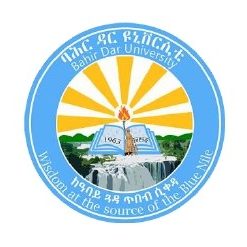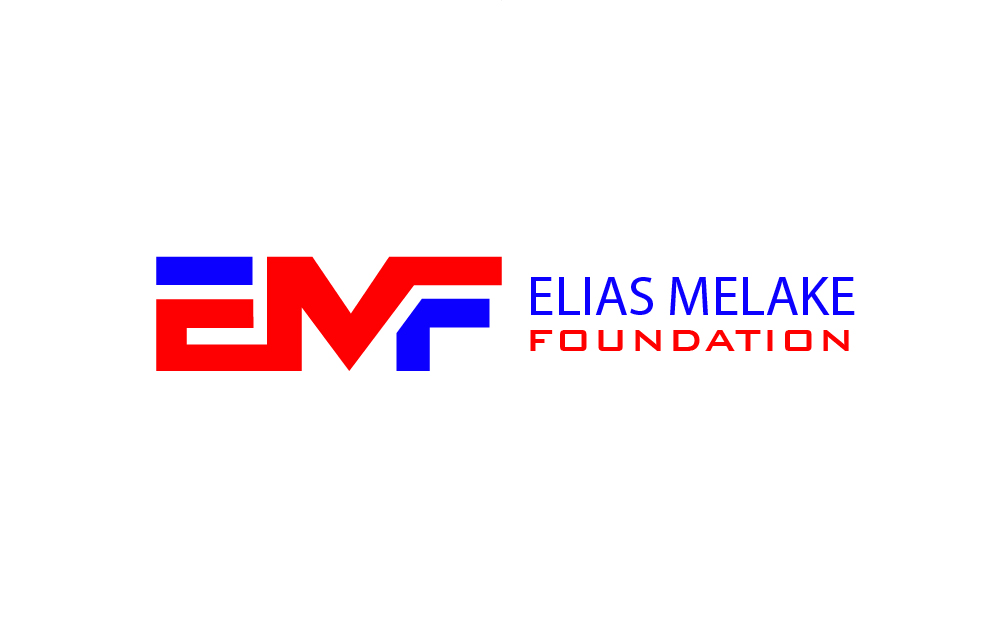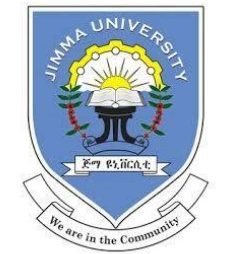“EMG has expanded its virtual platform, now offering
EAZY Learning Hub”
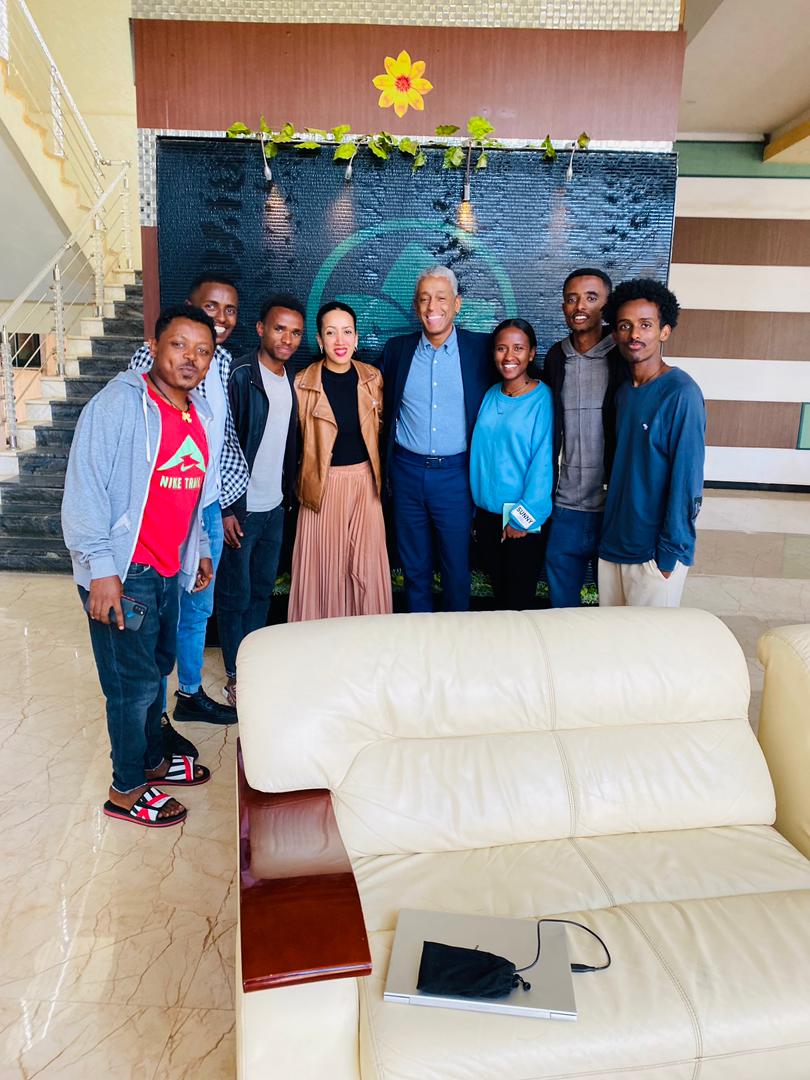
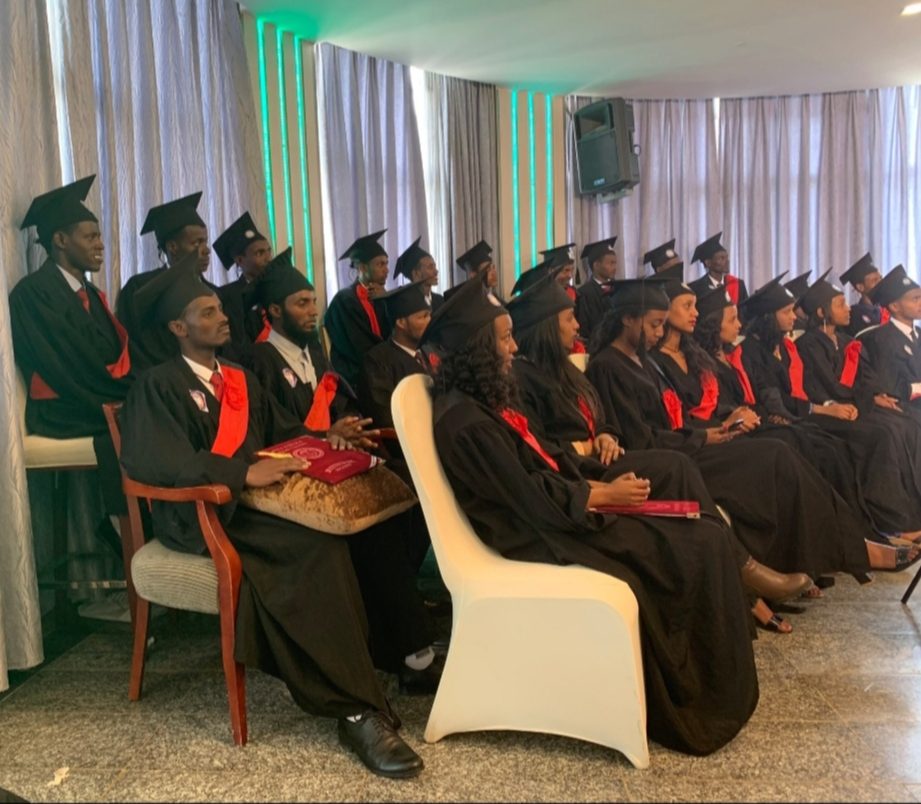
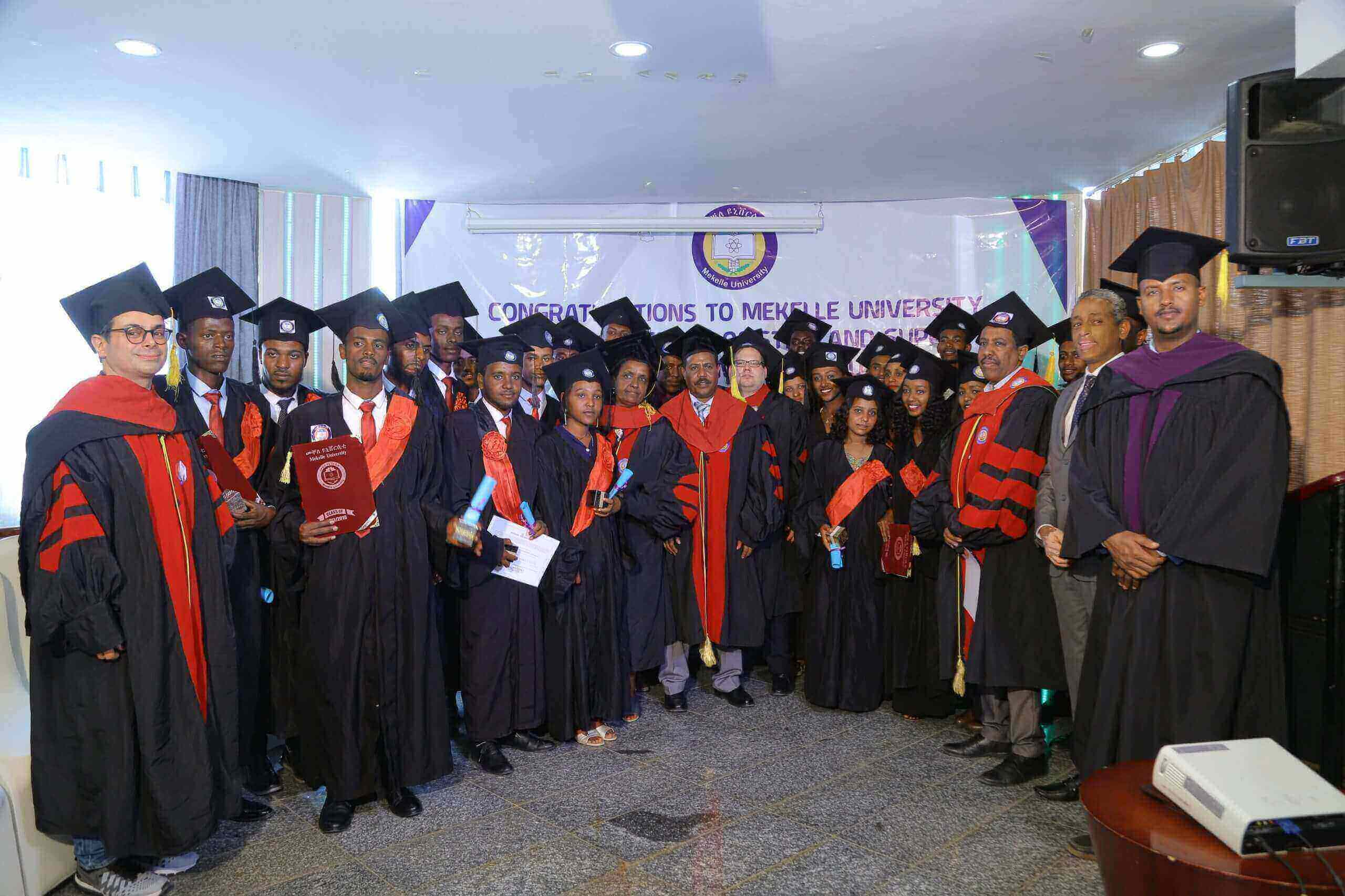

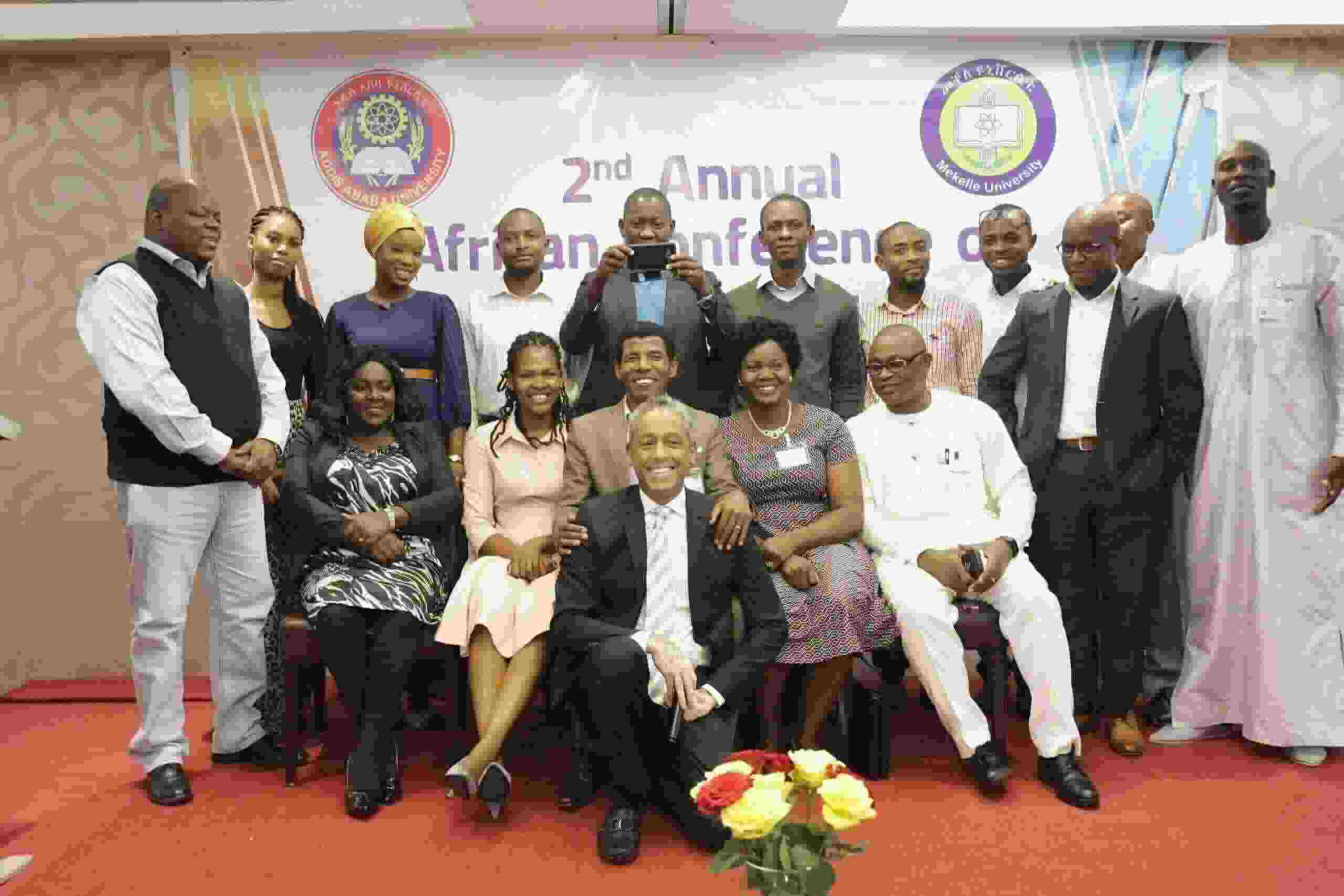
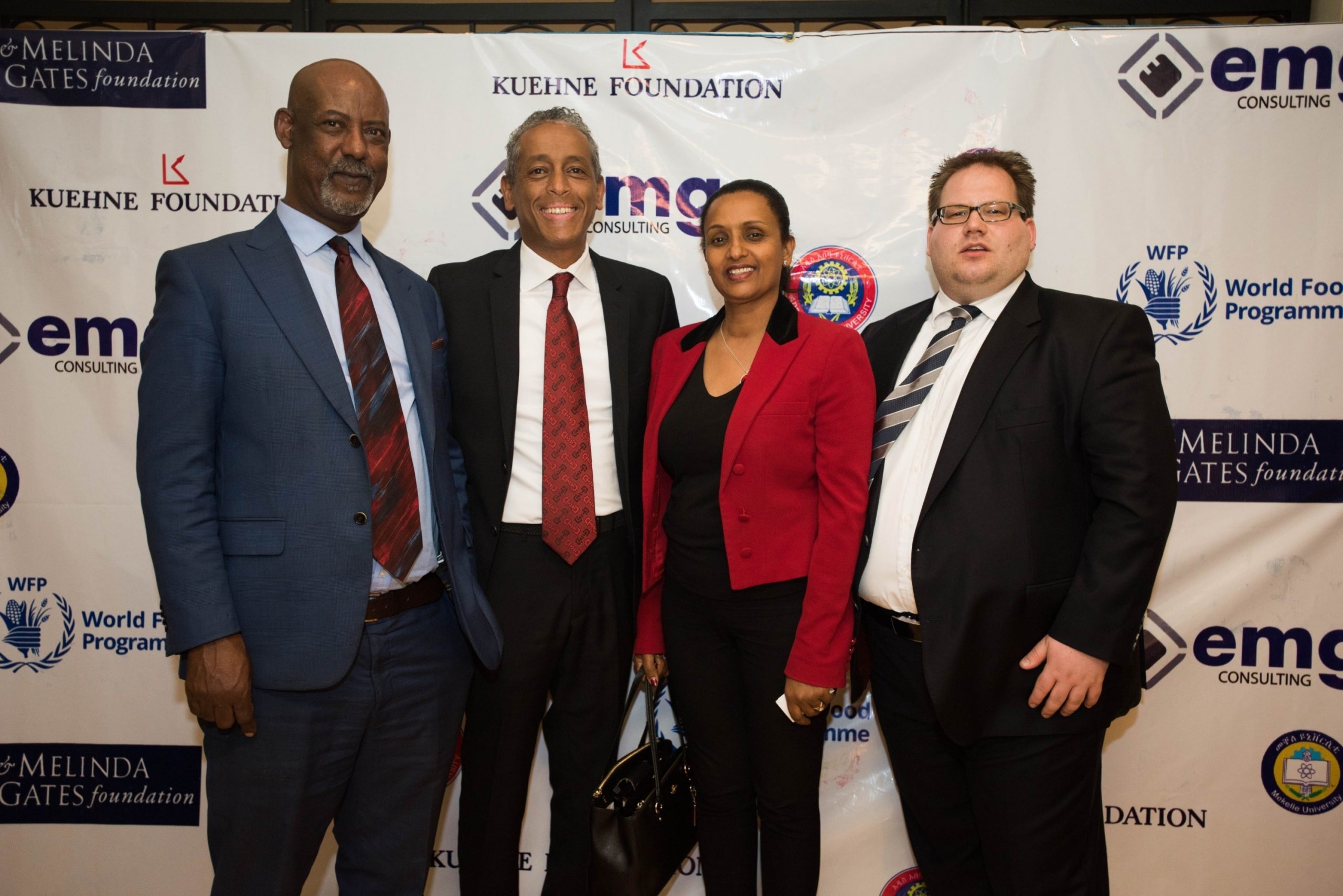
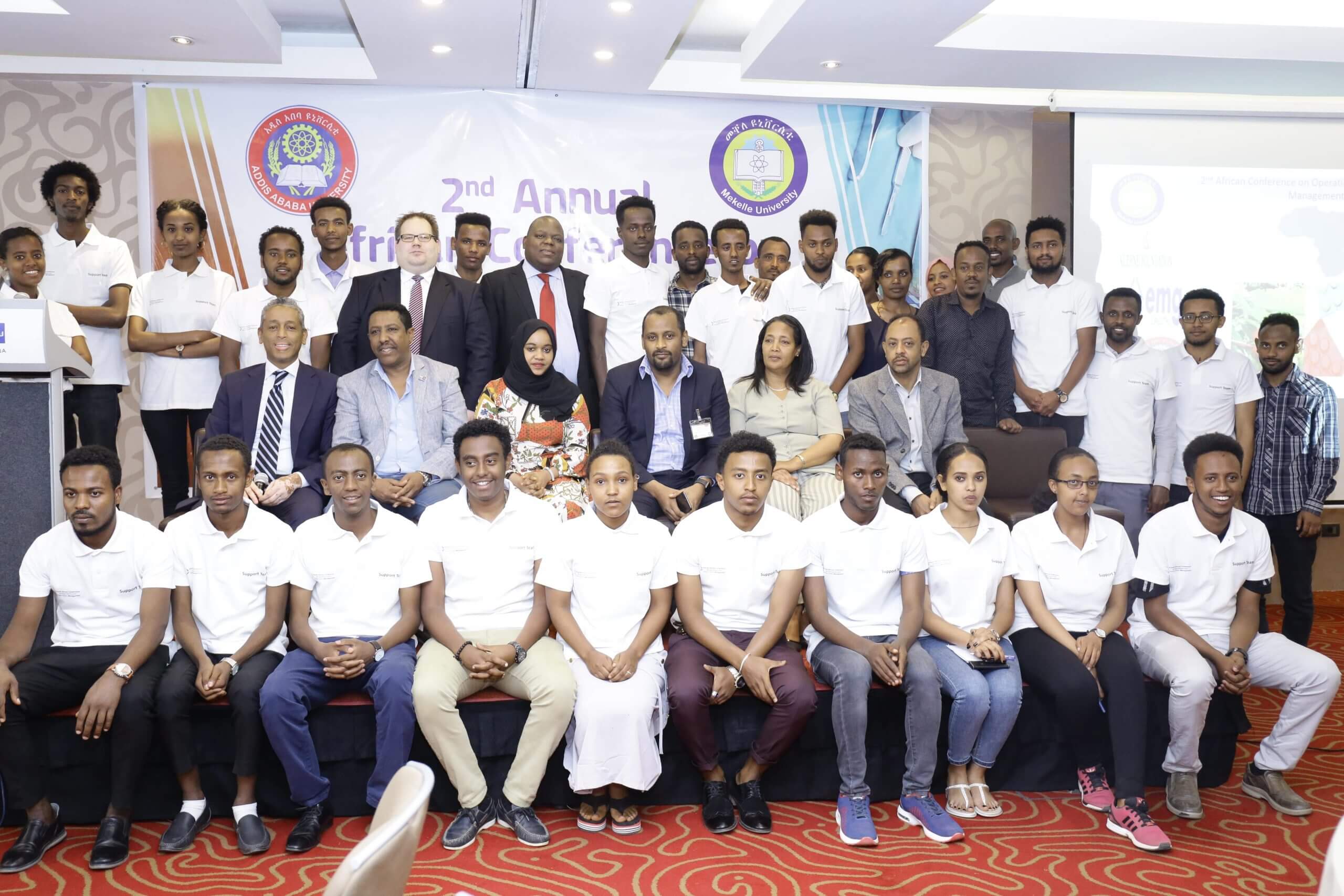
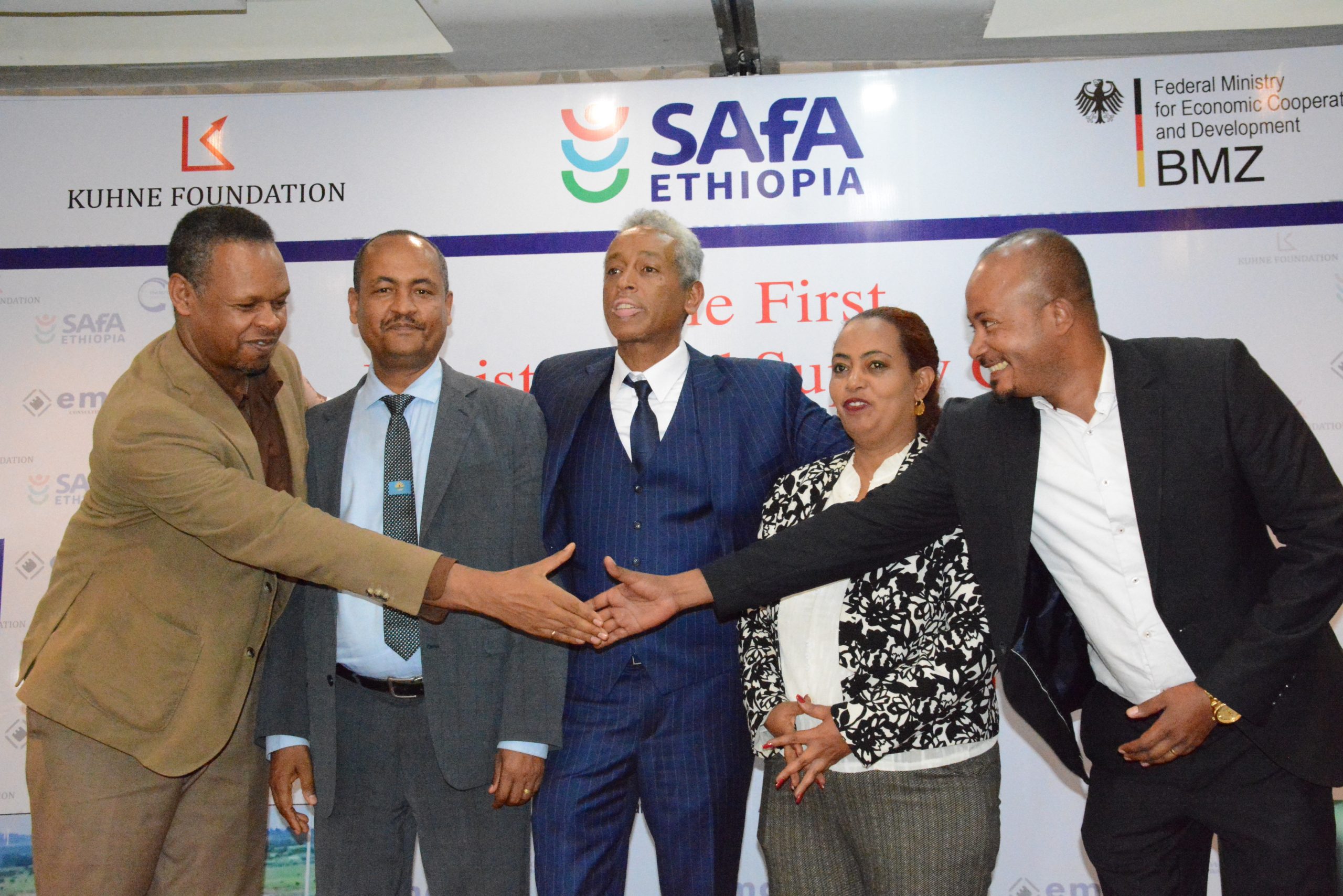
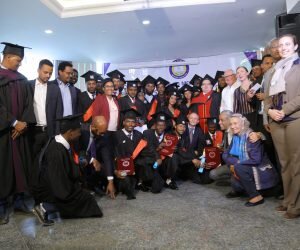
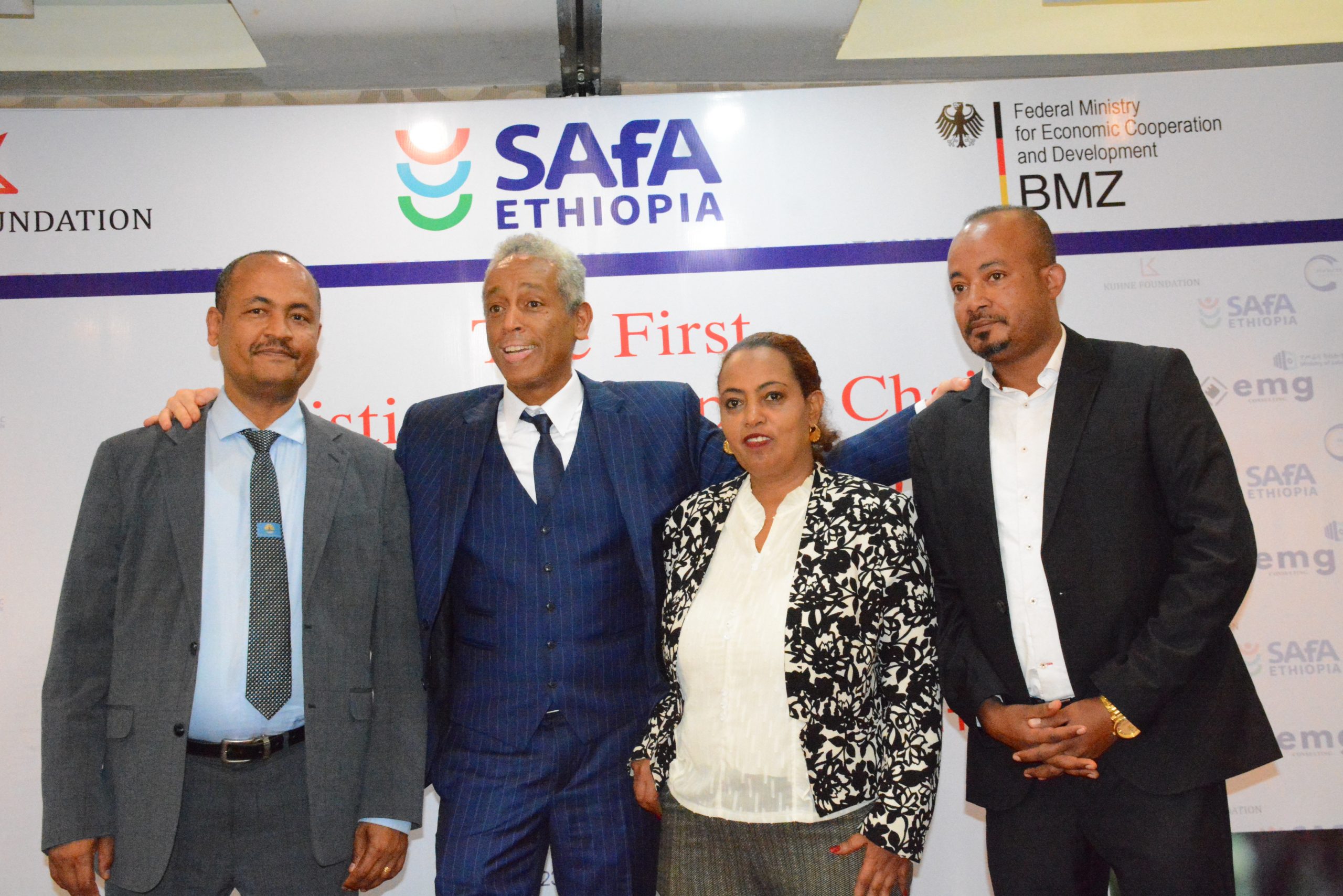
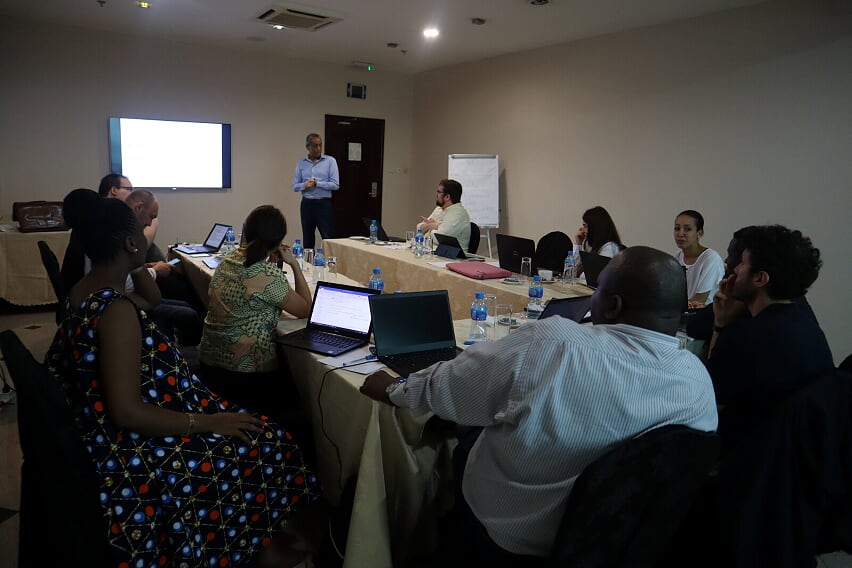
Course description
Course Title: Leadership Skills
Course Code: MDTLD-39
Level:Middle Level Management (MLM)
Target Groups
People holding managerial position, team leaders, senior experts or positions of responsibility in basic managerial duties
Objective
This Leadership Training increases awareness of your current leadership style and abilities and gives you a tool-kit to increase your leadership skills like decision-making, communicating, problem-solving, team building in the workplace.
Duration: 5 days
Class start date:
course catalog
Total fee including VAT/person:
3050 birr
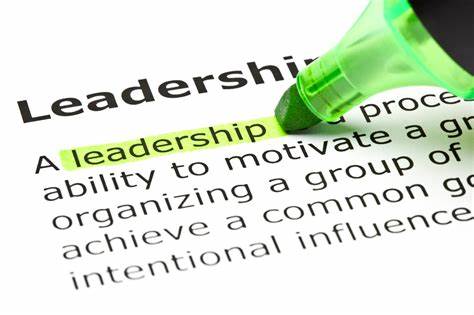
Session 1: Meaning and Theories of Leadership
Leadership theories represent systematic organized knowledge to explain the nature and effectiveness of leadership. Theories provide a foundation for analyzing and predicting the complex nature of leadership behavior.
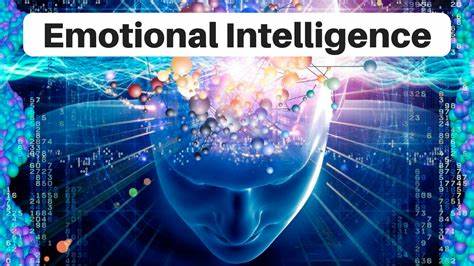
Session 2: Emotional Intelligence (EQ)
EQ is the ability to recognize and understand “Emotions” yours and those of the people you interact with and the skill to use that awareness to effectively manage yourself and your relationships with others.

Session 3: Coaching
It is the ongoing and consistent way in which we present ourselves, and through which we build and maintain relationships with others. Coaching is a partnership designed to tap into the knowledge, information, synergy, and talents people bring to the problem solving process.

Session 4: Building and Sustaining Effective Work Team
Organizations today are facing rapidly changing conditions with new technology, new structure, global economic competition, and increasing diversity, among other changes. The team structure is one way an organization can respond and adopt to these rapid and constant changes in work place conditions.

Session 5: Conflict Management
A conflict is the expression of disagreement between individuals or groups that differ in attitudes, beliefs, values or needs, through which the parties involved perceive a threat to their needs, interests or concerns. It can also originate from past rivalries and personality differences.
Course description
Course Title: Research Methods
Course Code: MDTBM-54 Level: Middle Level Management (MLM)
Target Groups
Researchers, Planners, Research Engaged Officers, Middle Level Managers, Experts, Core Staffs.
Objective
To develop participants’ understanding of research process suitable for the management discipline and to enable them design and conduct researches in management-related disciplines.
Duration: 5 days
Course start date:
course catalog
Total fee including VAT/person:
3050 birr

Session 1: Major concepts of research
Under the major concepts of the research topic, the following sub-topics will be discussed:The meaning of research, Philosophy of research, The scientific reasoning- Deduction and induction, Research fallacies, Ethics in research, Research fallacies, Major steps in social science research.
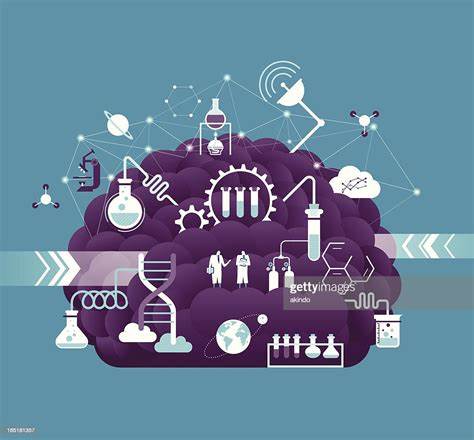
Session 2: Research design
Social science research could be designed in several ways; and the most common ones are: descriptive, historical, and experimental (Babbie & Mouton, 2001).

Session 3: The research problem
Identification of the problem is the first task in research; and the research topic or title should be specific and clear to describe the problem. It should indicate the WHO/WHAT, WHEN, WHY, WHERE and HOW clearly.

Session 4: Data collection
In social science research, two major types of data are collected. These are primary data and secondary data. Primary data is firsthand information obtained from primary source than reported information. On the other hand secondary data is obtained from books, documents, and reports (Babbie & Mouton, 2001). This being the case, various techniques can be applied to obtain data for research.

Session 5: Research proposal
A research proposal and project proposal are similar in many ways; however, what we focus on here is the structure of a research proposal. A research proposal addresses projects, which put more emphasis on scientific writing or the academics.
Course description
Course Title: Human Resource Management
Course Code: MDTHR-27(A) Level: First Level Management (FLM)
Target Groups
Human resource management leaders and individuals working in the human resource management area.
Objective
To enable participants recognize human resource as an invaluable and critical asset that will give the organization a competitive advantage.
Duration: 5 days
Class start date:
course catalog
Total fee including VAT/person:
3050 birr

Session 1: Overview of Human Resource Management
The human resource is becoming a critical competitive advantage of an organization. Therefore, to be successful and use the best out of the organizations employees it needs a modern, sound and relevant human resource management.

Session 2: Recruitment and SelectionFile
Recruitment is the process of identifying and attracting potential candidates from within and outside an organization to begin evaluating them for future employment (Armstrong,2006).
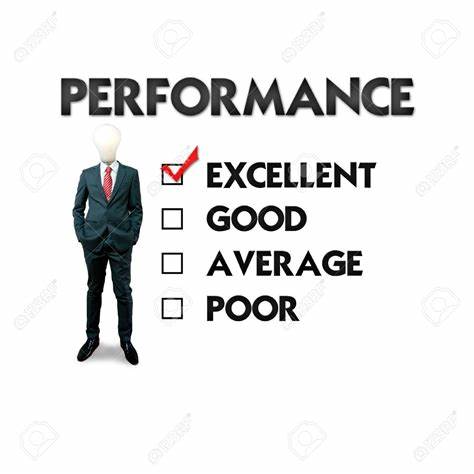
Session 3: Employee Performance Management
Performance management is the systematic process of planning work and setting expectations, continually monitoring performance, developing the capacity to perform, periodically rating performance in a summary fashion, and rewarding good performance.

Session 4: Human Resource Development
HRD activities begins when an employee joins an organization and continue through his or her career, regardless of wheatear that employee is an executive or a worker on an assemble line. HRD program must respond to job changes and integrate the long term plans and strategies of the organization to ensure the efficient and effective use of resources.

Session 5: Employee Motivation and Engagement
All organizations are concerned with what should be done to achieve sustained high levels of performance through people. This means giving close attention to how individuals can best be motivated through such means as incentives, rewards, leadership and, importantly, the work they do and the organization context within which they carry out that work.
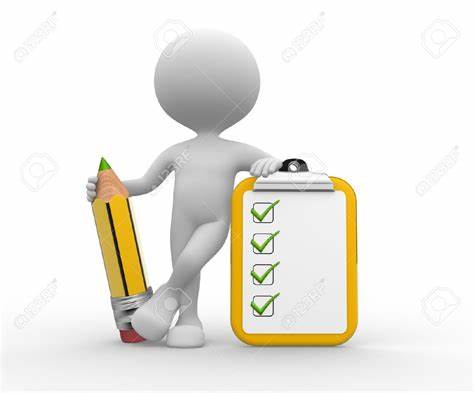
Session 6: Working Conditions
This covers basic concepts of employees safety and health, discipline and grievance management and industrial relation and collective bargaining are described in a way that clearly indicates the importance of these concepts for organizational effectiveness.
Course description
Course Title: Gender Development and Management
Course Code: MDTGD-25 Level: Middle Level Management (MLM)
Target Groups
Women’s affairs heads, Organizational leaders, gender experts, development planners, project managers and staffs of both government and non-government organizations.
Objective
To enhance participant’s understanding of the concept and process of gender and its interrelationship with both macro and micro level development processes.
Duration: 5 days
Class start date:
course catalog
Total fee including VAT/person:
3050 birr

Session 1: Basic Concept of Gender
Sex is a natural attribute helping us identify a person as male or female. A male person biologically differs from a female. This is evident in that while males have mustache, women do not; while women have big breasts that may produce milk, men do not; they also differ in their reproductive organs and their roles in child bearing.

Session 2: Gender Analysis Techniques and Tools
This refers to a systematic way of looking at the different impact of development on women and men. As development programmes have actively sought to reach women, we have learned that gender has a lot to do with what work we do, how much time we have to do it, and how much money we have to do it with, gender analysis requires separating data by sex, and understanding how labor is divided and valued.
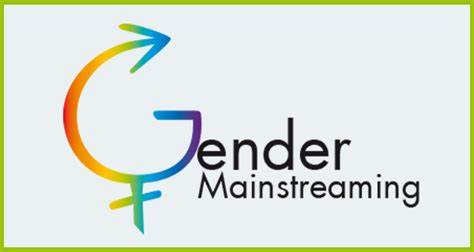
Session 3: Gender Mainstreaming
Since 1950s there have been global concern and efforts in addressing gender inequality issues in development. Different strategies/approaches were employed for prompting women's empowerment and gender equality.
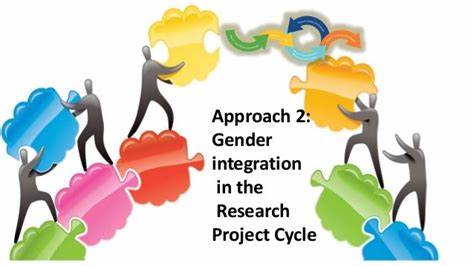
Session 4: Integrating Gender Concerns into Project Cycle
The causes of gender discrimination or subordination of women is a subject under discussion among the "social sciences" school of thoughts, feminist groups and researchers. Yet no consensus has been reached on its origin.
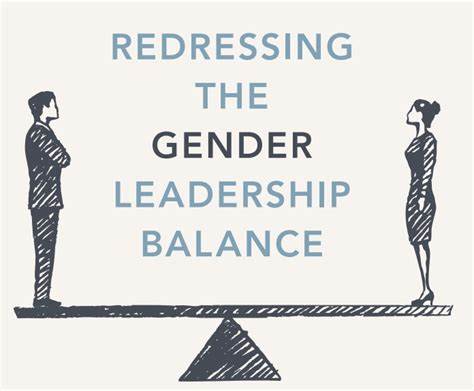
Session 5: Gender in Leadership and Decision Making
The term "leaders" refers to persons holding formal positions of leadership in complex organizations in industry, government, education, politics, the arts, sciences, and professions. Historically, gender precluded most females from becoming leaders in such organizations

Session 6: Gender Budgeting
Gender budgeting in relatively a new concept which explores how public (government) budget impacts women and men, girls and boys of different social and economic groups

Session 7: Gender Auditing
Gender audit is a recently developed tool designed to assess the effective implementation of gender policies, strategies, programs and projects as well. Gender audit to the broad range has been implemented to achieve objectives of gender equality and empowerment of women.

Session 8: Gender Based violence
Gender-based violence (violence against women) is a persistent and universal problem occurring in every culture and social group around the world. It has been reported that “at least one in three of the world's female population has been physically or sexually abused at some time in her life.”(Heise, etal..1999).

Session 9: Gender and Advocacy
Advocacy is telling your story to a decision maker, persuading someone about why it is important to advance a particular cause.
Course description
Course Title: Basic Managerial Skillst
Course Code: MDTBM-06(A) Level: First Level Management (FLM)
Target Groups
People holding first line managerial position or to be promoted to the responsibility in basic managerial duties.
Objective
To enable participants understand their roles and improve their managerial performance based on practical concepts and skills of management.
Duration: 5 days
Class start date:
course catalog
Total fee including VAT/person:
3050 birr

Session 1: Introduction for Managment
Managers who are not from the management educational background and new managers to be promoted to management/supervision positions need the basic skills and practices to be effective in the area they hold or will be holding.
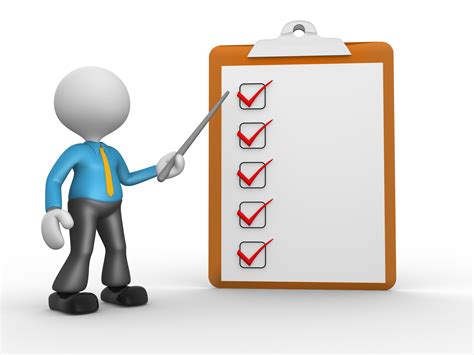
Session 2: Foundations For Effective Managment
Managing a successful business (nonprofit or for-profit) or building up the health of an already established business requires healthy, ongoing leadership and management, planning, product and service development, marketing and financial management. To carry out these practices in a strong manner, it's important to first understand the basic "territory" in which these practices are carried out.

Session 3: Meeting Managment
Meetings are one of the commonest ways in which people communicate at work. The higher we climb the managerial ladder, the more meetings we attend. And radical changes in the way we work – project and cross-functional teams, new kinds of client partnerships – are creating ever more opportunities for meetings.

Session 4: Leadership for Results
Leadership is necessary to help people who are committed to becoming more effective leaders to achieve their goals. In practice nearly all of us have the ability to become effective leaders if we have the commitment and know how to it.

Session 5: Team Building and Managing conflict for effectiveness
A conflict is the expression of disagreement between individuals or groups that differ in attitudes, beliefs, values or needs, through which the parties involved perceive a threat to their needs, interests or concerns. It can also originate from past rivalries and personality differences.
Course description
Course Title: Transformational Leadership
Course Code: MDTLD-71(A) Level: Top Level Management (TLM)
Target Groups
People holding senior managerial position or Managers and advisors of top management team with responsibility to transform the organizations.
Objective
Equipping senior managers with the key leadership competencies they need to effectively usher their organization into transformation/advancement.
Duration: 5 days
Class start date:
course catalog
Total fee including VAT/person:
3050 birr

Session 1: Leadership and contemporary theories
Leading is about setting direction and ensuring that direction is followed. Leading can apply to leading oneself, other individuals, groups, organizations and societies. The nature of how leading is done depends on the context of the situation, one's perspective, and on the nature and needs of those involved.
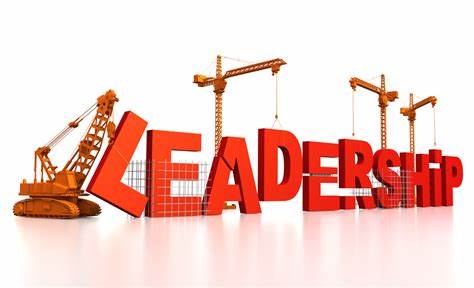
Session 2: Transformational Leadership
The overall aim of this session is to equip participants with the relevant concept and tools of transformational leadership to enable them bring transformation in their respective organization.

Session 3: Change Management
The purpose of this training is to create capacity for organizations to adapt with changes by identifying the key issues that makes change successful, by clarifying the importance of change at the human level, and the reasons why there is human resistance to change.

Session 4: Conversation of leadership
Leaders get their work done through and with communication. A carpenter uses wood and hammers and saws to build a house. A leader uses conversations to build a vision and mobilize action. Leadership conversations seek results. The result may be a clearer view of a problem, a choice between alternatives & take a particular course of actions.

Session 5: Emotional Intelligence
According to Goleman, emotional intelligence is defined as awareness of emotions and using emotions to make good decisions in life. Using emotions effectively requires the ability to manage distressing moods, control impulses, attain a high level of motivation, and remain hopeful and optimistic in the face of adversity.

Session 6: Coaching and mentoring
Coaching is accepted as one of leadership development tool and is helping those organizations who used it benefited out of that. However, the ultimate purpose of this training is to give insight on the benefit of coaching practiced as a culture among leaders and with their followers in the organization regularly.

Session 1: Communication Importance, Process and Elements
Communication between humans is based upon transmitting an idea correctly from one person to another. However it is important to remember that ideas are represented as symbols. An example is a barking dog.

Session 2: Types of Communication
Four Types of Verbal Communication How something made us feel? How something affect us? What do we want or need?
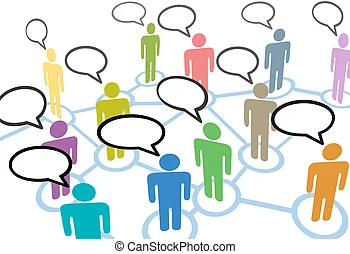
Session 3: Communication Styles
Perception, Salience, Expectation, Non verbal communication...

Session 4:Feedback in Communication
Similar to a preview step, this stage allows the conversational partners to clarify, restate, or discuss the points of the conversation to arrive a sense of mutual understanding. In some cultures the points and their feedback may recycle several times.

Session 5: Listening in Communication
Discriminative listening-Where is the dog barking? Informational listening-How to cook something Critical listening-assess credibility and logic Empathic listening-trying to understand feeling and emotions of the speaker

Session 6: Presentation Skills
Speech to inform, Speech to demonstrate,Speech to persuade, Speech to entertain, Ceremonial speech...
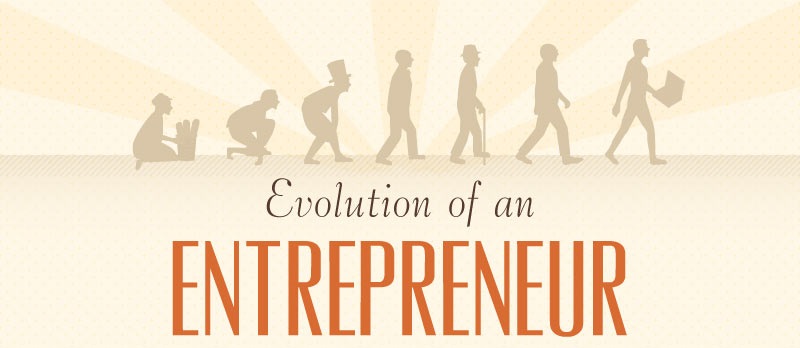
Session 1: Historical Origin of Entrepreneurship
During the ancient period the word entrepreneur was used to refer to a person managing large commercial projects through the resources provided to him. In the 17th Century a person who has signed a contractual agreement with the government to provide stipulated products or to perform service was considered as entrepreneur. In this case the contract price is fixed so any resulting profit or loss reflects the effort of the entrepreneur. In the 18th Century the first theory of entrepreneur has been developed by Richard Cantillon.
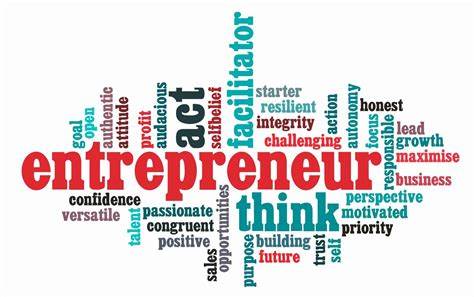
Session 2: Definitions of Entrepreneurship and Entrepreneur
Entrepreneurship is the process of identifying opportunities in the market place, arranging the resources required to pursue these opportunities and investing the resources to exploit the opportunities for long term gains. It involves creating incremental wealth by bringing together resources in new ways to start and operate an enterprise.
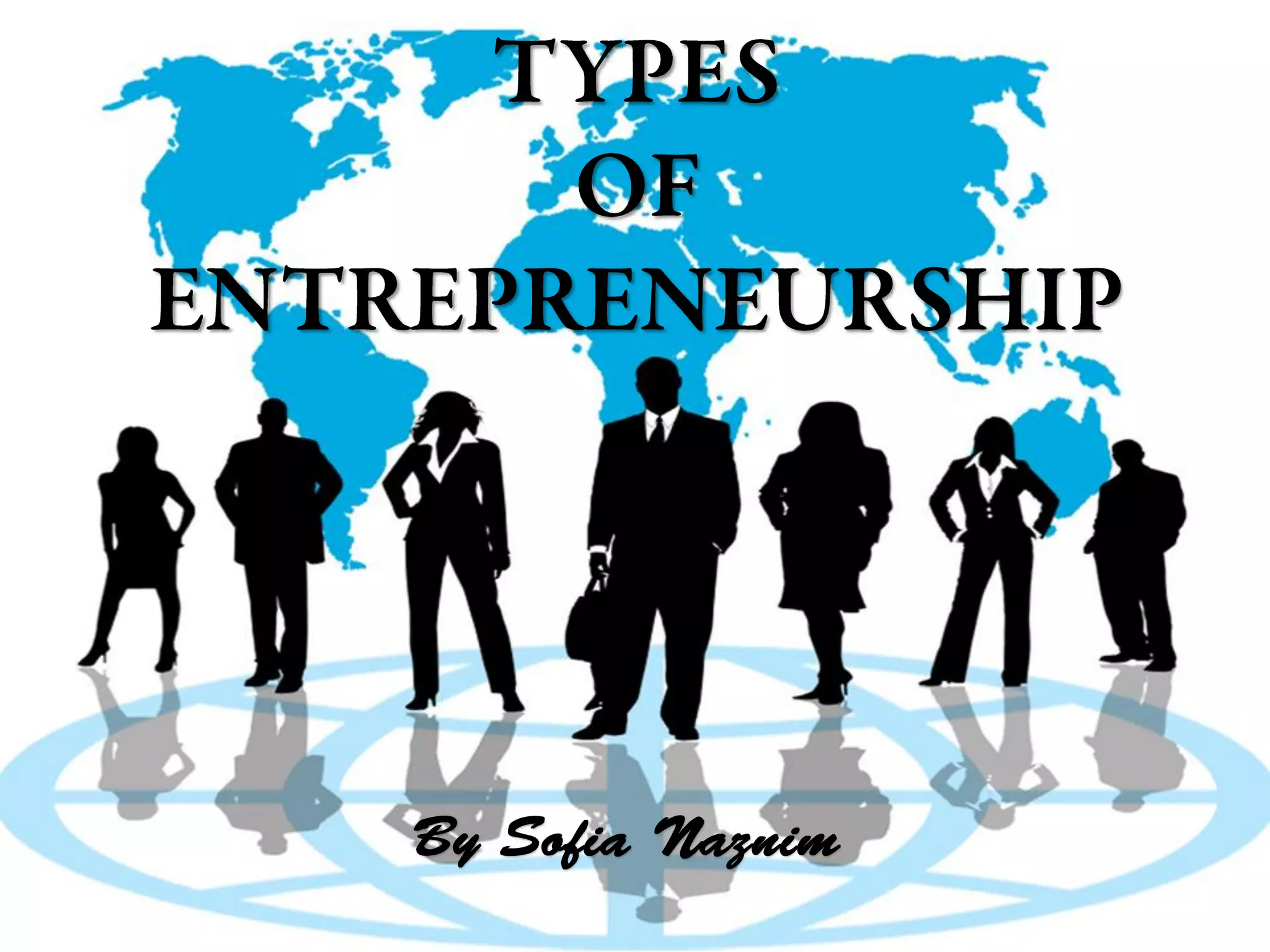
Session 3: Types of Entrepreneurs
The individual entrepreneur: An individual entrepreneur is someone who started; acquired or franchised his/her own independent organization. Intrapreneur: An Intrapreneur is a person who does entrepreneurial work within large organization. The Entrepreneurial Organization: The entrepreneurial function need not be embodied in a physical person. Every social environment has its own way of filling the entrepreneurial function.

Session 4:Role of Entrepreneurs in Economic Development.
Entrepreneurial development is the most important input in the economic development of any country. The objectives of industrial development, balanced regional growth, and generation of employment opportunities are achievable through entrepreneurial development.

Session 5: Entrepreneurial Competence and Environment
Under this topic entrepreneurial mindset (that will address subtopics such as, who become an entrepreneur; qualities of successful entrepreneurs; entrepreneurial skills; the entrepreneur‟s task and wealth of the entrepreneur), and Entrepreneurship and Environment.
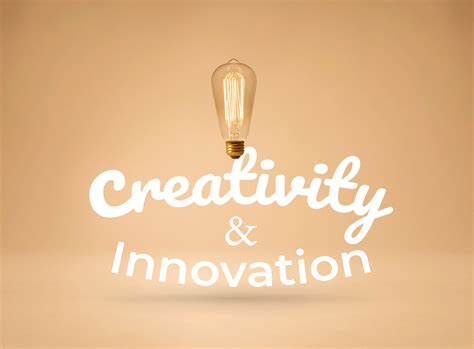
Session 6: Creativity, Innovation and Entrepreneurships
Creativity, innovation and entrepreneurship, have been recognized as important contributors to a nation‟s economic growth. These three terminologies are chronologically interrelated and it is very important to look in to them to get their full picture.

Session 1: Leadership
Leadership plays an important role in the management of the co-operative societies. It is the quality of leadership that usually determines the failures and success of a cooperative. It has been observed that most of the failures of co-operative societies have because of ineffective leadership.

Session 2: Leadership in Co-operative
Cooperative conflict is defined as an expressed struggle between at least two interdependent parties who perceive incompatible goals ,scarce resouces and interference from the other party in achieving their goals.Conflict in cooperatives can only be defined as, so if it involves the business of the cooperative.It is important to note that conflict in cooperatives is common due to different backgrounds,races,beliefs,age and cultures as well as a change in ones needs.Though conflict is common what is important is to manage the conflict so that it does not disrupt the activities of the group.
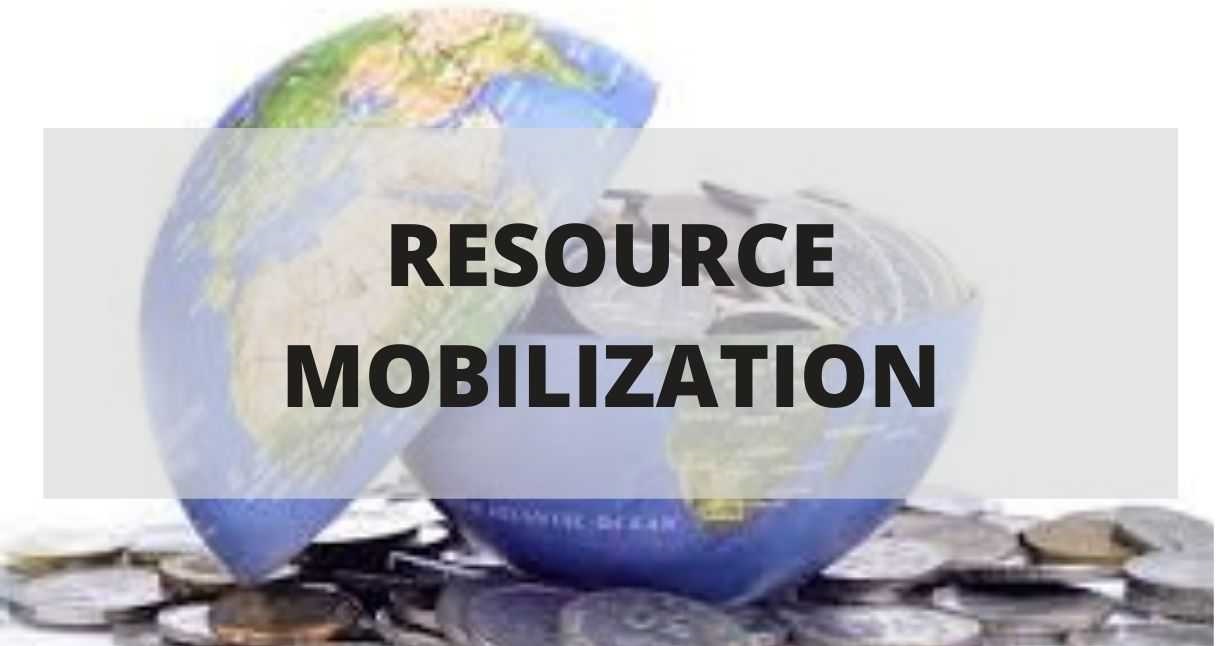
Session 3: Resource Mobilisation
Resource mobilization is a process of raising financial and non-financial support for an organization/ a cooperative. Helps a cooperative to be able to continue providing services to its members and clients. ensures that the cooperative sustains its operations assists a cooperative to improve and scale-
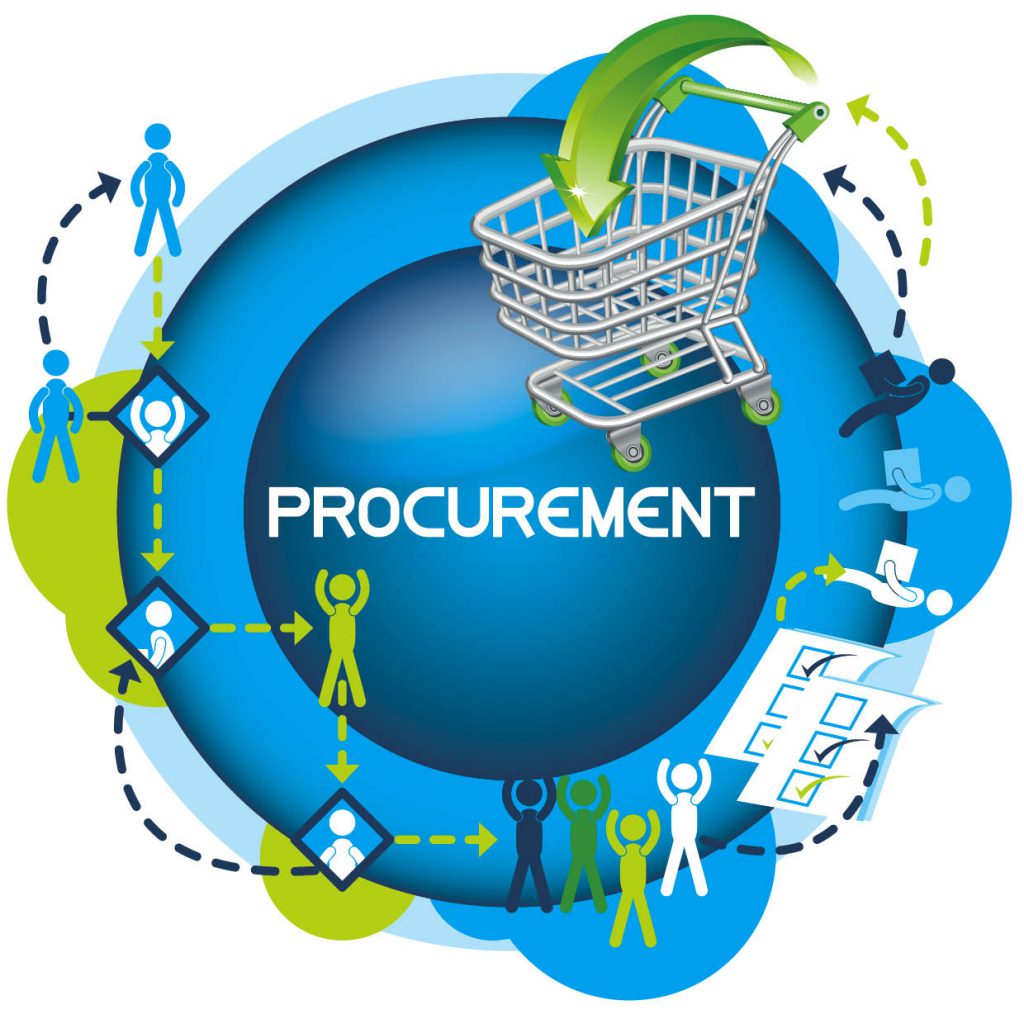
Session 4: Procurement of Goods
A first step a cooperative has to take in order to supply inputs to its members is to procure the inputs. Procurement is the acquisition of inputs and supplies to meet members’ needs in terms of variety, price, quality and quantity, time, and location. Procurement activities involve searching for an input supplier, bargaining for favorable rates, setting the deal and arranging transport and payment.

Session 5: Cooperative Marketing
Marketing means studying the market place, finding out what customers want, and then creating and delivering those products at the right price. It is the activity, and process for creating, communicating, delivering, and exchanging offerings that have value for customers, clients, partners, and society at large.
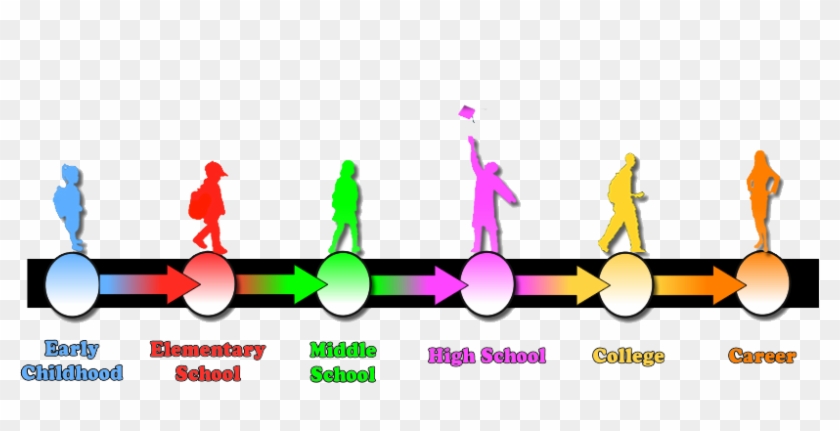
Session 1: The Career Continuum
Each skill we acquire has a starting point and develops over time. Jobs and employment are the same. As we build our skills we move towards more advanced jobs and usually higher pay. The ultimate goal of the Career Continuum is for you to leverage your passion into pay—find out what your interests are through volunteering and internships, and work towards finding a paid position in that area— but you have to start somewhere, and anywhere is fine.
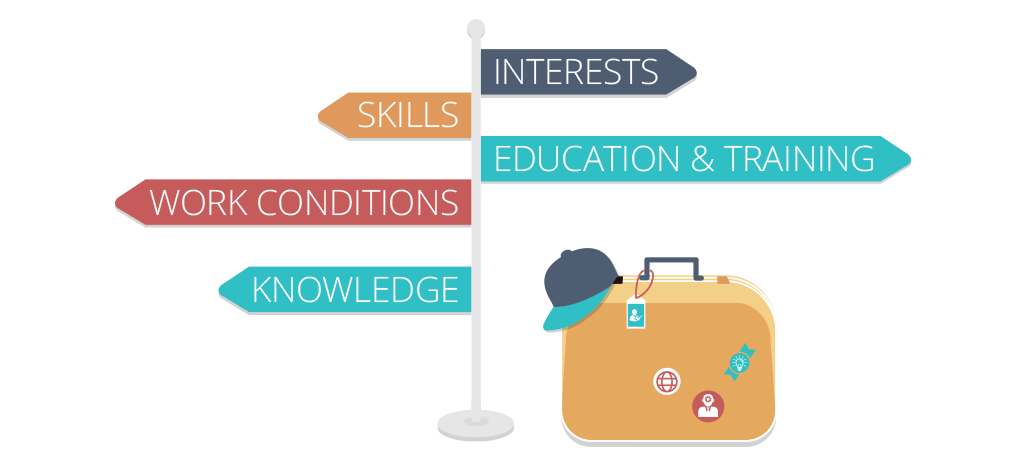
Session 2: Exploring Career Choices
Before you begin a career search, you must gather as much information as possible about yourself (your interests, the skills you have, and the skills you need to obtain) as well as the possible career paths related to your interests and the skills necessary to follow those paths. In this chapter you will learn how to build a relationship with your job coach, take stock of and build up your transferable skills, and decide what your greatest interests are and which career choices would match your skills and interests.

Session 3: Goodness of Fit
Once you have decided what interests you and what careers you’re most interested in, you have to find a job with the “right fit.” This is one of the most important skills for you to learn. Only you know what kind of people you want to be around and what type of environment you want to work in. Only you know what lighting and noise you can tolerate.
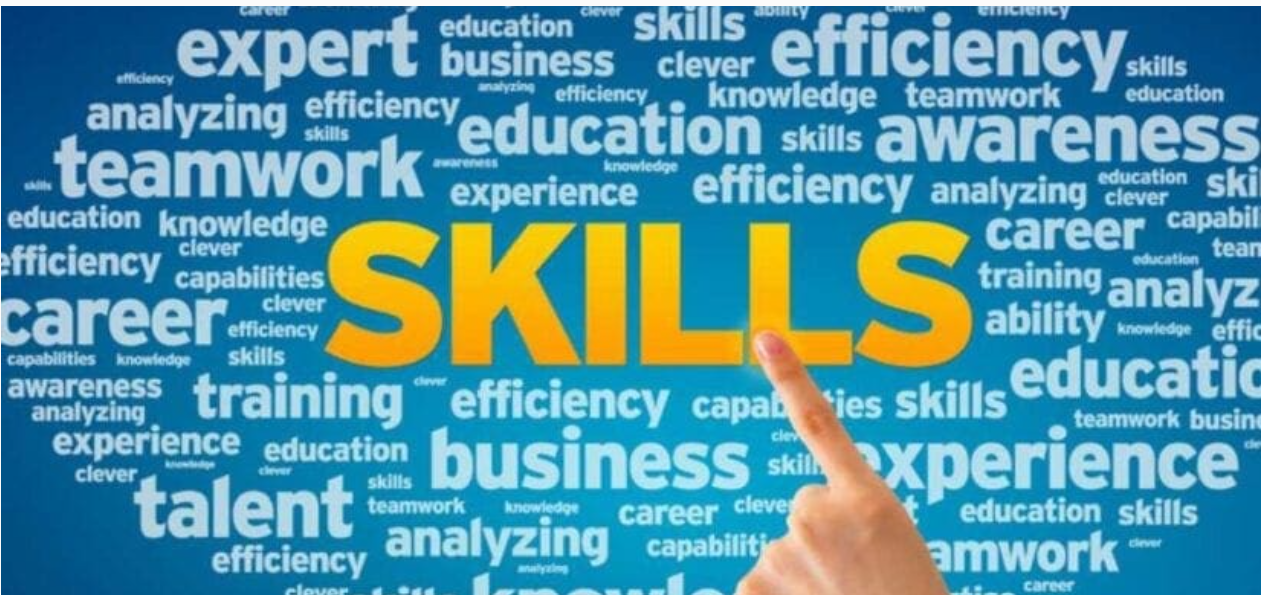
Session 4: Eight Skills Employers Look For
Communication, Teamwork, Problem Solving and Critical Thinking, Initiative and Leadership, Planning organizing, Self-Management, Willingness to Learn, Technological Proficiency.
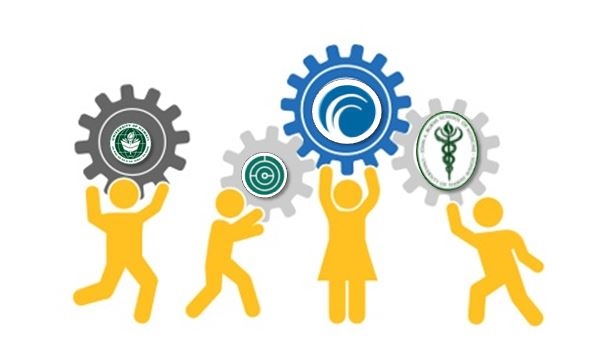
Session 5: The Employment Toolkit
Now that you know what your interests and transferable skills are, as well as the eight skills employers are looking for, you can work on making a career portfolio. A portfolio is a type of work sample—a visual way of showing what you are capable of. It’s a collection of artifacts and materials that represent work-related events in your life and provides evidence of your potential work ability by showing what you have accomplished. I

We aim to make education reach higher quality, accessibility, flexibility by utilizing up-to-date technology. By leveraging latest advancements in technology, educational institutions and other organizations can provide a more engaging and effective learning experience, helping trainees to achieve their full potential.
View the class schedule in the course catalog .
A few years ago several major Ethiopian universities noted that graduating business and other professional students were having difficulty adjusting to a new professional life. The years they spend studying facts and figures in school is a different environment then the professional work place. At the same time academic research into what makes a successful professional in the modern world revealed that it was more then just book learning.
Success whether it be in government, business, science, or any other institutional endeavor relied upon mastering “soft skills”. Key among these skill was an ability to communicate clearly, succinctly, and insight fully with those with whom one is dealing be that customer, client, employer, or employee. The possession of empathy for clients situation and point of view fostered by learning to read their feedback both verbal and in nonverbal cues helps to create a more ideal environment to gain trust for working together . . .
Unlike social interactions which do not have time constraints or clear goals other than making a friend, the demands of the business are different. While the hospitality culture of Ethiopia demanded courtesy and welcoming, success in professional life for these students required them to refine that legacy into a more goal directed interaction benefiting the development of business relationships.
Working with experienced Ethiopian business leaders, business faculty, international logistics experts, neuroscientist, and computer science professionals a curriculum was developed which was based on the basic concept that human professional relationships like other relationships depend upon developing a mutual sense of trust and dependence. This is why so many leading chief executive officers say they stress the importance of these soft skills.
View some of the courses we offer along with our partners

Session 1: Meaning and Theories of Leadership
Leadership theories represent systematic organized knowledge to explain the nature and effectiveness of leadership. Theories provide a foundation for analyzing and predicting the complex nature of leadership behavior.
Instructor: 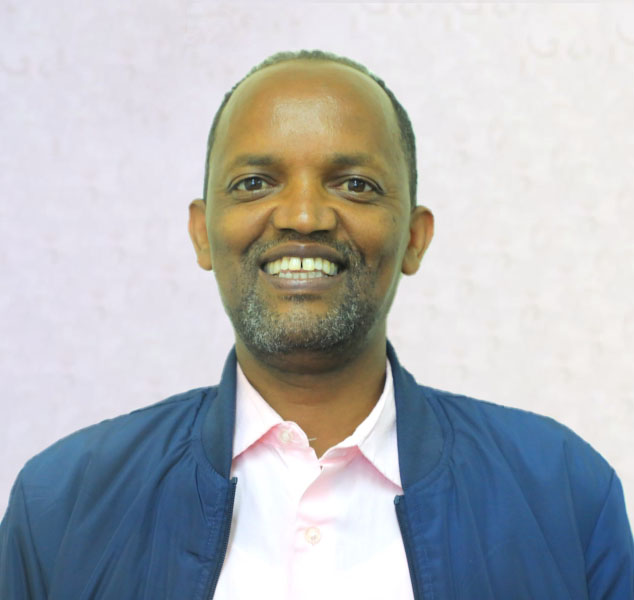 Mr. Jemal Abagissa
Mr. Jemal Abagissa
New Student? Register here
Already have an account Login here

Session 2: Emotional Intelligence (EQ)
EQ is the ability to recognize and understand “Emotions” yours and those of the people you interact with and the skill to use that awareness to effectively manage yourself and your relationships with others.
Instructor: 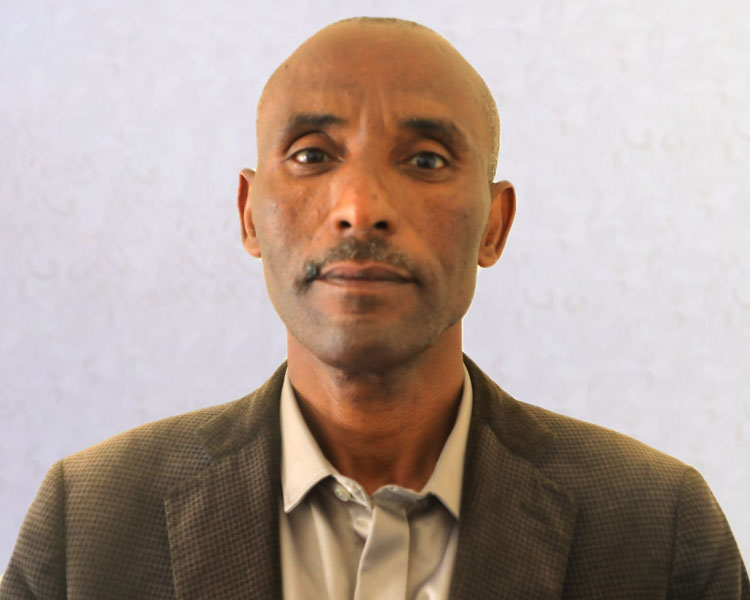 Mr. Terefe
Mr. Terefe
New Student? Register here
Already have an account Login here

Session 3: Coaching
It is the ongoing and consistent way in which we present ourselves, and through which we build and maintain relationships with others. Coaching is a partnership designed to tap into the knowledge, information, synergy, and talents people bring to the problem solving process.
Instructor: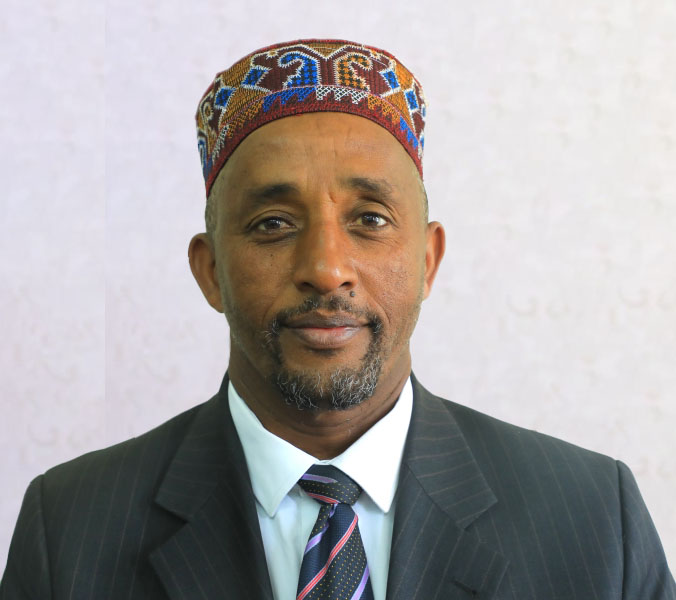 Mr. Abdulhalik
Mr. Abdulhalik
New Student? Register here
Already have an account login here

Session 4: Building and Sustaining Effective Work Team
Organizations today are facing rapidly changing conditions with new technology, new structure, global economic competition, and increasing diversity, among other changes. The team structure is one way an organization can respond and adopt to these rapid and constant changes in work place conditions.
Instructor: 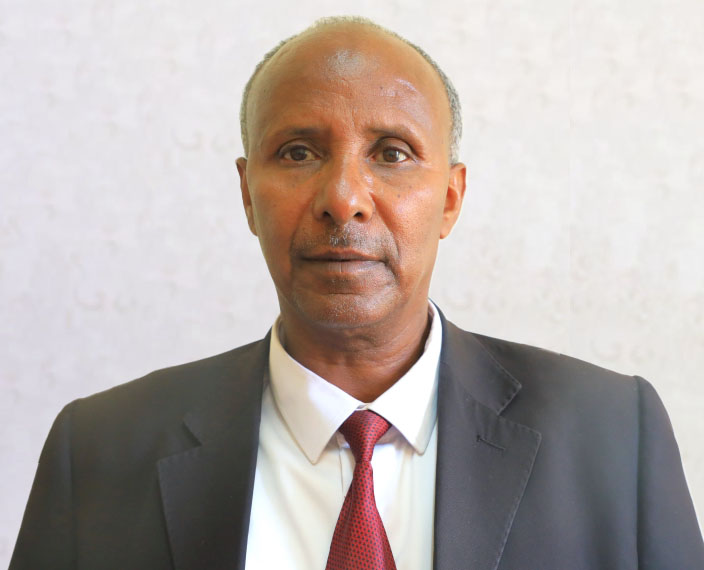 Mr. Mohammed Nursalim
Mr. Mohammed Nursalim
New Student? Register here
Already have an account login here

Session 5: Conflict Management
A conflict is the expression of disagreement between individuals or groups that differ in attitudes, beliefs, values or needs, through which the parties involved perceive a threat to their needs, interests or concerns. It can also originate from past rivalries and personality differences.
Instructor:  Mr. Tilahun MeKonnen
Mr. Tilahun MeKonnen
New Student? Register here
Already have an account login here

Session 1: Major Concepts of Research
Under the major concepts of the research topic, the following sub-topics will be discussed:The meaning of research, Philosophy of research, The scientific reasoning- Deduction and induction, Research fallacies, Ethics in research, Research fallacies, Major steps in social science research.
Instructor: 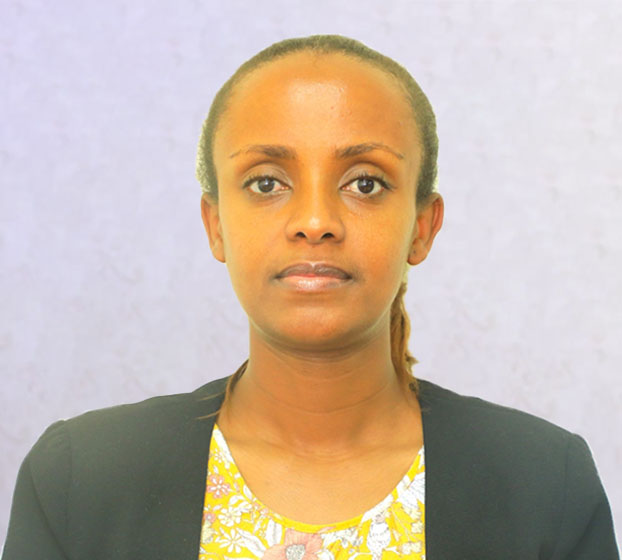 Mrs. Kidan Tsehay
Mrs. Kidan Tsehay
New Student? Register here
Already have an account login here

Session 2: Research Design
Social science research could be designed in several ways; and the most common ones are: descriptive, historical, and experimental (Babbie & Mouton, 2001).
Instructor: 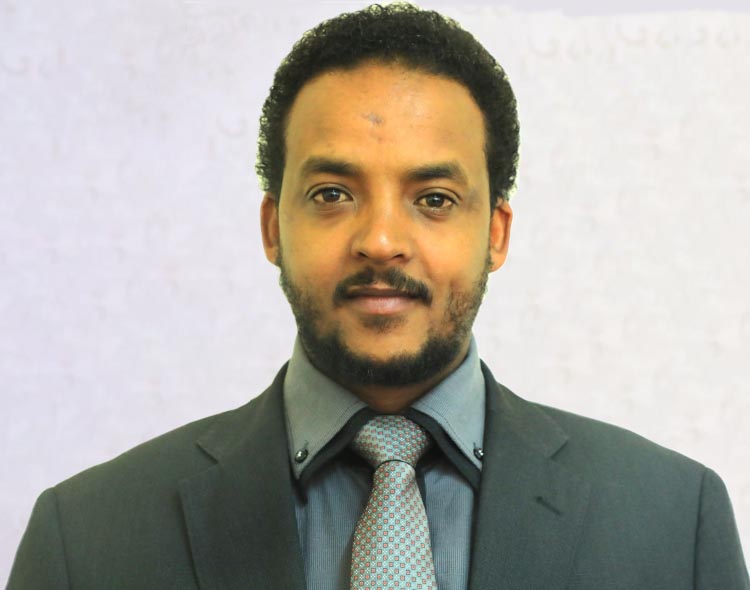 Mr. Awet Birhane
Mr. Awet Birhane
New Student? Register here
Already have an account login here

Session 3: The Research Problem
Identification of the problem is the first task in research; and the research topic or title should be specific and clear to describe the problem. It should indicate the WHO/WHAT, WHEN, WHY, WHERE and HOW clearly.
Instructor:  Mrs. Kidan Tsehay
Mrs. Kidan Tsehay
New Student? Register here
Already have an account login here

Session 4:Data Collection
In social science research, two major types of data are collected. These are primary data and secondary data. Primary data is firsthand information obtained from primary source than reported information. On the other hand secondary data is obtained from books, documents, and reports (Babbie & Mouton, 2001). This being the case, various techniques can be applied to obtain data for research.
Instructor:  Mr. Awet Birhane
Mr. Awet Birhane
New Student? Register here
Already have an account login here

Session 5: Research Proposal
A research proposal and project proposal are similar in many ways; however, what we focus on here is the structure of a research proposal. A research proposal addresses projects, which put more emphasis on scientific writing or the academics.
Instructor:  Mrs. Kidan Tsehay
Mrs. Kidan Tsehay
New Student? Register here
Already have an account login here

Session 1: Overview of Human Resource Management
The human resource is becoming a critical competitive advantage of an organization. Therefore, to be successful and use the best out of the organizations employees it needs a modern, sound and relevant human resource management.
Instructor:  Mrs.Demose Demisse
Mrs.Demose Demisse
New Student? Register here
Already have an account login here

Session 2: Recruitment and SelectionFile
Recruitment is the process of identifying and attracting potential candidates from within and outside an organization to begin evaluating them for future employment (Armstrong,2006).
Instructor:  Mrs.Demose Demisse
Mrs.Demose Demisse
New Student? Register here
Already have an account login here

Session 3: Employee Performance Management
Performance management is the systematic process of planning work and setting expectations, continually monitoring performance, developing the capacity to perform, periodically rating performance in a summary fashion, and rewarding good performance.
Instructor:  Mrs.Demose Demisse
Mrs.Demose Demisse
New Student? Register here
Already have an account login here

Session 4: Human Resource Development
HRD activities begins when an employee joins an organization and continue through his or her career, regardless of wheatear that employee is an executive or a worker on an assemble line. HRD program must respond to job changes and integrate the long term plans and strategies of the organization to ensure the efficient and effective use of resources.
Instructor:  Mrs.Demose Demisse
Mrs.Demose Demisse
New Student? Register here
Already have an account login here

Session 5: Employee Motivation and Engagement
All organizations are concerned with what should be done to achieve sustained high levels of performance through people. This means giving close attention to how individuals can best be motivated through such means as incentives, rewards, leadership and, importantly, the work they do and the organization context within which they carry out that work.
Instructor:  Mrs.Demose Demisse
Mrs.Demose Demisse
New Student? Register here
Already have an account login here

Session 6: Working Conditions
This covers basic concepts of employees safety and health, discipline and grievance management and industrial relation and collective bargaining are described in a way that clearly indicates the importance of these concepts for organizational effectiveness.
Instructor:  Mrs.Demose Demisse
Mrs.Demose Demisse
New Student? Register here
Already have an account login here

Session 1: Basic Concept of Gender
Sex is a natural attribute helping us identify a person as male or female. A male person biologically differs from a female. This is evident in that while males have mustache, women do not; while women have big breasts that may produce milk, men do not; they also differ in their reproductive organs and their roles in child bearing.
Instructor: 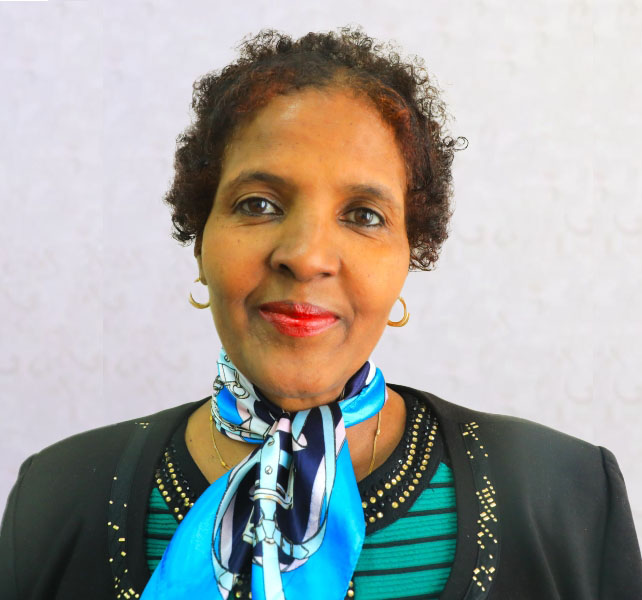 Mrs. Sifraye Mengesha
Mrs. Sifraye Mengesha
New Student? Register here
Already have an account login here

Session 2: Gender Analysis Techniques and Tools
This refers to a systematic way of looking at the different impact of development on women and men. As development programmes have actively sought to reach women, we have learned that gender has a lot to do with what work we do, how much time we have to do it, and how much money we have to do it with, gender analysis requires separating data by sex, and understanding how labor is divided and valued.
Instructor:  Mrs. Sifraye Mengesha
Mrs. Sifraye Mengesha
New Student? Register here
Already have an account login here

Session 3: Gender Mainstreaming
Since 1950s there have been global concern and efforts in addressing gender inequality issues in development. Different strategies/approaches were employed for prompting women's empowerment and gender equality.
Instructor:  Mrs. Sifraye Mengesha
Mrs. Sifraye Mengesha
New Student? Register here
Already have an account login here

Session 4: Integrating Gender Concerns into Project Cycle
The causes of gender discrimination or subordination of women is a subject under discussion among the "social sciences" school of thoughts, feminist groups and researchers. Yet no consensus has been reached on its origin.
Instructor:  Mrs. Sifraye Mengesha
Mrs. Sifraye Mengesha
New Student? Register here
Already have an account login here

Session 5: Gender in Leadership and Decision Making
The term "leaders" refers to persons holding formal positions of leadership in complex organizations in industry, government, education, politics, the arts, sciences, and professions. Historically, gender precluded most females from becoming leaders in such organizations
Instructor:  Mrs. Sifraye Mengesha
Mrs. Sifraye Mengesha
New Studen? Register here
Already have an account login here

Session 6: Gender Budgeting
Gender budgeting in relatively a new concept which explores how public (government) budget impacts women and men, girls and boys of different social and economic groups
Instructor:  Mrs. Sifraye Mengesha
Mrs. Sifraye Mengesha
New Student? Register here
Already have an account login here

Session 7: Gender Auditing
Gender audit is a recently developed tool designed to assess the effective implementation of gender policies, strategies, programs and projects as well. Gender audit to the broad range has been implemented to achieve objectives of gender equality and empowerment of women.
Instructor:  Mrs. Sifraye Mengesha
Mrs. Sifraye Mengesha
New Student? Register here
Already have an account login here

Session 8: Gender Based violence
Gender-based violence (violence against women) is a persistent and universal problem occurring in every culture and social group around the world. It has been reported that “at least one in three of the world's female population has been physically or sexually abused at some time in her life.”(Heise, etal..1999).
Instructor:  Mrs. Sifraye Mengesha
Mrs. Sifraye Mengesha
New Student? Register here
Already have an account login here

Session 9: Gender and Advocacy
Advocacy is telling your story to a decision maker, persuading someone about why it is important to advance a particular cause.
Instructor:  Mrs. Sifraye Mengesha
Mrs. Sifraye Mengesha
New Student? Register here
Already have an account login here

Session 1: Introduction for Managment
Managers who are not from the management educational background and new managers to be promoted to management/supervision positions need the basic skills and practices to be effective in the area they hold or will be holding.
Instructor: 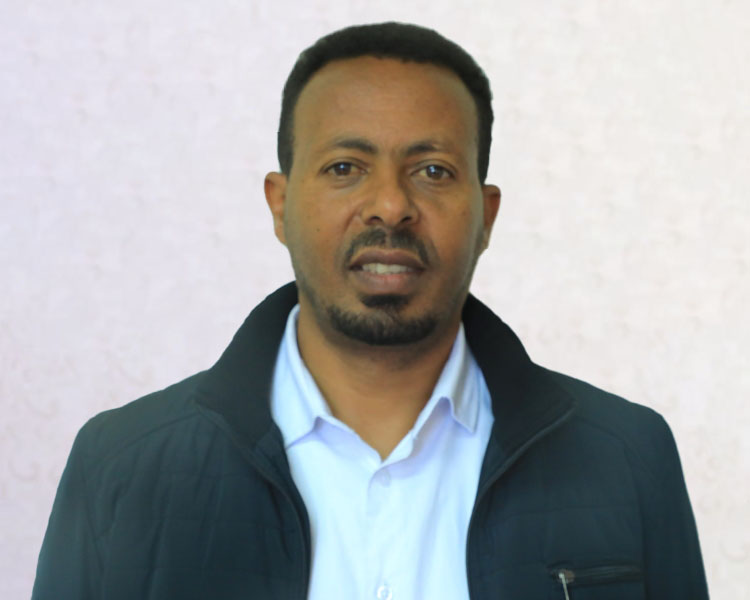 Mr. Getachew Belete
Mr. Getachew Belete
New Student? Register here
Already have an account login here

Session 2: Foundations For Effective Managment
Managing a successful business (nonprofit or for-profit) or building up the health of an already established business requires healthy, ongoing leadership and management, planning, product and service development, marketing and financial management. To carry out these practices in a strong manner, it's important to first understand the basic "territory" in which these practices are carried out.
Instructor:  Mr. Fekreyesus Terefe
Mr. Fekreyesus Terefe
New Student? Register here
Already have an account login here

Session 3: Meeting Managment
Meetings are one of the commonest ways in which people communicate at work. The higher we climb the managerial ladder, the more meetings we attend. And radical changes in the way we work – project and cross-functional teams, new kinds of client partnerships – are creating ever more opportunities for meetings.
Instructor:  Mr. Getachew Belete
Mr. Getachew Belete
New Student? Register here
Already have an account login here

Session 4: Leadership for Results
Leadership is necessary to help people who are committed to becoming more effective leaders to achieve their goals. In practice nearly all of us have the ability to become effective leaders if we have the commitment and know how to it.
Instructor:  Mr. Fekreyesus Terefe
Mr. Fekreyesus Terefe
New Student? Register here
Already have an account login here

Session 5: Team Building and Managing Conflict for Effectiveness
A conflict is the expression of disagreement between individuals or groups that differ in attitudes, beliefs, values or needs, through which the parties involved perceive a threat to their needs, interests or concerns. It can also originate from past rivalries and personality differences.
Instructor:  Mr. Getachew Belete
Mr. Getachew Belete
New Student? Register here
Already have an account login here

Session 1: Leadership and Contemporary Theories
Leading is about setting direction and ensuring that direction is followed. Leading can apply to leading oneself, other individuals, groups, organizations and societies. The nature of how leading is done depends on the context of the situation, one's perspective, and on the nature and needs of those involved.
Instructor:  Mr. Tilahun MeKonnen
Mr. Tilahun MeKonnen
New Student? Register here
Already have an account login here

Session 2: Transformational Leadership
The overall aim of this session is to equip participants with the relevant concept and tools of transformational leadership to enable them bring transformation in their respective organization.
Instructor:  Mr. Jemal Abagissa
Mr. Jemal Abagissa
New Student? Register here
Already have an account login here

Session 3: Change Management
The purpose of this training is to create capacity for organizations to adapt with changes by identifying the key issues that makes change successful, by clarifying the importance of change at the human level, and the reasons why there is human resistance to change.
Instructor:  Mr. Mohammed Nursalim
Mr. Mohammed Nursalim
New Student? Register here
Already have an account login here

Session 4: Conversation of Leadership
Leaders get their work done through and with communication. A carpenter uses wood and hammers and saws to build a house. A leader uses conversations to build a vision and mobilize action. Leadership conversations seek results. The result may be a clearer view of a problem, a choice between alternatives & take a particular course of actions.
Instructor:  Mr. Abdulhalik Reshid
Mr. Abdulhalik Reshid
New Student? Register here
Already have an account login here

Session 5: Emotional Intelligence
According to Goleman, emotional intelligence is defined as awareness of emotions and using emotions to make good decisions in life. Using emotions effectively requires the ability to manage distressing moods, control impulses, attain a high level of motivation, and remain hopeful and optimistic in the face of adversity.
Instructor:  Mr. Terefe Tize
Mr. Terefe Tize
New Student? Register here
Already have an account login here

Session 6: Coaching and Mentoring
Coaching is accepted as one of leadership development tool and is helping those organizations who used it benefited out of that. However, the ultimate purpose of this training is to give insight on the benefit of coaching practiced as a culture among leaders and with their followers in the organization regularly.
Instructor:  Mr. Terefe Tize
Mr. Terefe Tize
New Student? Register here
Already have an account login here

Session 1: Communication Importance, Process and Elements
Communication between humans is based upon transmitting an idea correctly from one person to another. However it is important to remember that ideas are represented as symbols. An example is a barking dog.
Instructor:  Mr. Fiseha Seifu
Mr. Fiseha Seifu
New Student? Register here
Already have an account login here

Session 2: Types of Communication
Four Types of Verbal Communication How something made us feel? How something affect us? What do we want or need?
Instructor:  Mr. Fiseha Seifu
Mr. Fiseha Seifu
New Student? Register here
Already have an account login here

Session 3: Communication Styles
Perception, Salience, Expectation, Non verbal communication...
Instructor:  Mr. Fiseha Seifu
Mr. Fiseha Seifu
New Student? Register here
Already have an account login here

Session 4:Feedback in Communication
Similar to a preview step, this stage allows the conversational partners to clarify, restate, or discuss the points of the conversation to arrive a sense of mutual understanding. In some cultures the points and their feedback may recycle several times.
Instructor:  Mr. Fiseha Seifu
Mr. Fiseha Seifu
New Student? Register here
Already have an account login here

Session 5: Listening in Communication
Discriminative listening-Where is the dog barking? Informational listening-How to cook something Critical listening-assess credibility and logic Empathic listening-trying to understand feeling and emotions of the speaker
Instructor:  Mr. Fiseha Seifu
Mr. Fiseha Seifu
New Student? Register here
Already have an account login here

Session 6: Presentation Skills
Speech to inform, Speech to demonstrate,Speech to persuade, Speech to entertain, Ceremonial speech...
Instructor: Mr. Fiseha Seifu
Mr. Fiseha Seifu
New Student? Register here
Already have an account login here

Session 1: Historical Origin of Entrepreneurship
During the ancient period the word entrepreneur was used to refer to a person managing large commercial projects through the resources provided to him. In the 17th Century a person who has signed a contractual agreement with the government to provide stipulated products or to perform service was considered as entrepreneur. In this case the contract price is fixed so any resulting profit or loss reflects the effort of the entrepreneur. In the 18th Century the first theory of entrepreneur has been developed by Richard Cantillon.
Instructor:  Mrs. Wudalat Wodaje
Mrs. Wudalat Wodaje
New Student? Register here
Already have an account login here

Session 2: Definitions of Entrepreneurship and Entrepreneur
Entrepreneurship is the process of identifying opportunities in the market place, arranging the resources required to pursue these opportunities and investing the resources to exploit the opportunities for long term gains. It involves creating incremental wealth by bringing together resources in new ways to start and operate an enterprise.
Instructor:  Mr. Kaleab Taye
Mr. Kaleab Taye
New Student? Register here
Already have an account login here

Session 3: Types of Entrepreneurs
The individual entrepreneur: An individual entrepreneur is someone who started; acquired or franchised his/her own independent organization. Intrapreneur: An Intrapreneur is a person who does entrepreneurial work within large organization. The Entrepreneurial Organization: The entrepreneurial function need not be embodied in a physical person. Every social environment has its own way of filling the entrepreneurial function.
Instructor:  Mrs. Wudalat Wodaje
Mrs. Wudalat Wodaje
New Student? Register here
Already have an account login here

Session 4:Role of Entrepreneurs in Economic Development.
Entrepreneurial development is the most important input in the economic development of any country. The objectives of industrial development, balanced regional growth, and generation of employment opportunities are achievable through entrepreneurial development.
Instructor:  Mr. Wondwosen Hailemariam
Mr. Wondwosen Hailemariam
New Student? Register here
Already have an account login here

Session 5: Entrepreneurial Competence and Environment
Under this topic entrepreneurial mindset (that will address subtopics such as, who become an entrepreneur; qualities of successful entrepreneurs; entrepreneurial skills; the entrepreneur‟s task and wealth of the entrepreneur), and Entrepreneurship and Environment.
Instructor:  Mr. Kaleab Taye
Mr. Kaleab Taye
New Student? Register here
Already have an account login here

Session 6: Creativity, Innovation and Entrepreneurships
Creativity, innovation and entrepreneurship, have been recognized as important contributors to a nation‟s economic growth. These three terminologies are chronologically interrelated and it is very important to look in to them to get their full picture.
Instructor: Mr. Wondwosen Hailemariam
Mr. Wondwosen Hailemariam
New Student? Register here
Already have an account login here

Session 1: Leadership
Leadership plays an important role in the management of the co-operative societies. It is the quality of leadership that usually determines the failures and success of a cooperative. It has been observed that most of the failures of co-operative societies have because of ineffective leadership.
Instructor:  Mrs. Genet Abera
Mrs. Genet Abera
New Student? Register here
Already have an account login here

Session 2: Leadership in Co-operative
Cooperative conflict is defined as an expressed struggle between at least two interdependent parties who perceive incompatible goals ,scarce resouces and interference from the other party in achieving their goals.Conflict in cooperatives can only be defined as, so if it involves the business of the cooperative.It is important to note that conflict in cooperatives is common due to different backgrounds,races,beliefs,age and cultures as well as a change in ones needs.Though conflict is common what is important is to manage the conflict so that it does not disrupt the activities of the group.
Instructor:  Mrs. Genet Abera
Mrs. Genet Abera
New Student? Register here
Already have an account login here

Session 3: Resource Mobilisation
Resource mobilization is a process of raising financial and non-financial support for an organization/ a cooperative. Helps a cooperative to be able to continue providing services to its members and clients. ensures that the cooperative sustains its operations assists a cooperative to improve and scale-
Instructor:  Mrs. Genet Abera
Mrs. Genet Abera
New Student? Register here
Already have an account login here

Session 4: Procurement of Goods
A first step a cooperative has to take in order to supply inputs to its members is to procure the inputs. Procurement is the acquisition of inputs and supplies to meet members’ needs in terms of variety, price, quality and quantity, time, and location. Procurement activities involve searching for an input supplier, bargaining for favorable rates, setting the deal and arranging transport and payment.
Instructor:  Mrs. Genet Abera
Mrs. Genet Abera
New Student? Register here
Already have an account login here

Session 5: Cooperative Marketing
Marketing means studying the market place, finding out what customers want, and then creating and delivering those products at the right price. It is the activity, and process for creating, communicating, delivering, and exchanging offerings that have value for customers, clients, partners, and society at large.
Instructor:  Mrs. Genet Abera
Mrs. Genet Abera
New Student? Register here
Already have an account login here

Session 1: The Career Continuum
Each skill we acquire has a starting point and develops over time. Jobs and employment are the same. As we build our skills we move towards more advanced jobs and usually higher pay. The ultimate goal of the Career Continuum is for you to leverage your passion into pay—find out what your interests are through volunteering and internships, and work towards finding a paid position in that area— but you have to start somewhere, and anywhere is fine.
Instructor:  Mr. Kumera Guteta
Mr. Kumera Guteta
New Student? Register here
Already have an account login here

Session 2: Exploring Career Choices
Before you begin a career search, you must gather as much information as possible about yourself (your interests, the skills you have, and the skills you need to obtain) as well as the possible career paths related to your interests and the skills necessary to follow those paths. In this chapter you will learn how to build a relationship with your job coach, take stock of and build up your transferable skills, and decide what your greatest interests are and which career choices would match your skills and interests.
Instructor:  Mr. Kumera Guteta
Mr. Kumera Guteta
New Student? Register here
Already have an account login here

Session 3: Goodness of Fit
Once you have decided what interests you and what careers you’re most interested in, you have to find a job with the “right fit.” This is one of the most important skills for you to learn. Only you know what kind of people you want to be around and what type of environment you want to work in. Only you know what lighting and noise you can tolerate.
Instructor:  Mr. Kumera Guteta
Mr. Kumera Guteta
New Student? Register here
Already have an account login here

Session 4: Eight Skills Employers Look For
Communication, Teamwork, Problem Solving and Critical Thinking, Initiative and Leadership, Planning organizing, Self-Management, Willingness to Learn, Technological Proficiency.
Instructor:  Mr. Kumera Guteta
Mr. Kumera Guteta
New Student? Register here
Already have an account login here

Session 5: The Employment Toolkit
Now that you know what your interests and transferable skills are, as well as the eight skills employers are looking for, you can work on making a career portfolio. A portfolio is a type of work sample—a visual way of showing what you are capable of. It’s a collection of artifacts and materials that represent work-related events in your life and provides evidence of your potential work ability by showing what you have accomplished. I
Instructor:  Mr. Kumera Guteta
Mr. Kumera Guteta
New Student? Register here
Already have an account login here
EMG consulting
EMG Consulting is a locally registered advisory company that provides consultation, training, and IT services. comprehensive customizable platform for educational, governmental, non-governmental institutions as well as businesses and individuals. It offers a range of training programs designed to equip businesses and individuals with the knowledge and skills they need to succeed.
EMG is one of the pioneers in providing a comprehensive learning management platform in Africa. EAZY Learning Hub (ELH) is a valuable resource we offer to its clients. Its platform provides access to a wealth of information and resources that educational institutions can use to optimize their operations. The platform is user-friendly and can be accessed from anywhere, making it an excellent resource for institutions looking to stay up-to-date on the latest trends and developments in their industry.
The company is committed to bridging educational gaps in Africa and beyond by connecting the dots and offering the right tools. It aspires to forge long-term relationships with companies to help them develop ideas, and projects, as well as educate their students or workforce to help achieve their potential.
Vision
To be the leading consulting company in Africa in supporting educational institutions, faculty members, and students in achieving their academic and professional goals by providing customized consultation, educational support, and training through different platforms by providing innovative and sustainable solutions that empower individuals and institutions to reach their full potential.

Mission
Our mission is to create a culture of continuous learning and improvement by offering advise, training, and online platform to help businesses, education institutions, and individuals improve their performance by providing them with customized solutions that meet their unique needs and goals.
Message from founder and Ceo of EMG
Dear Aspiring Professionals,
Are you ready to level up your skills and unlock your full potential? We, the EMG team, along with our esteemed partners like EMI (Ethiopian Management Institution), Bahir Dar University, Jimma University, and Mekelle University, are here to guide you on your journey to success.
In today’s rapidly changing world, traditional education often falls short of meeting the demands of the modern job market. That’s why we have created a platform that’s specifically tailored to your needs, offering dynamic training programs designed to equip you with the cutting-edge skills employers are seeking.
At EMG, we believe that education is the cornerstone of progress. By empowering you with the tools and knowledge you need to thrive, we are not just shaping individual careers, but also driving positive change in Ethiopia and Africa as a whole.
Join us as we redefine education and shape a brighter future together.
Sincerely,
Elias Melake
General Manager
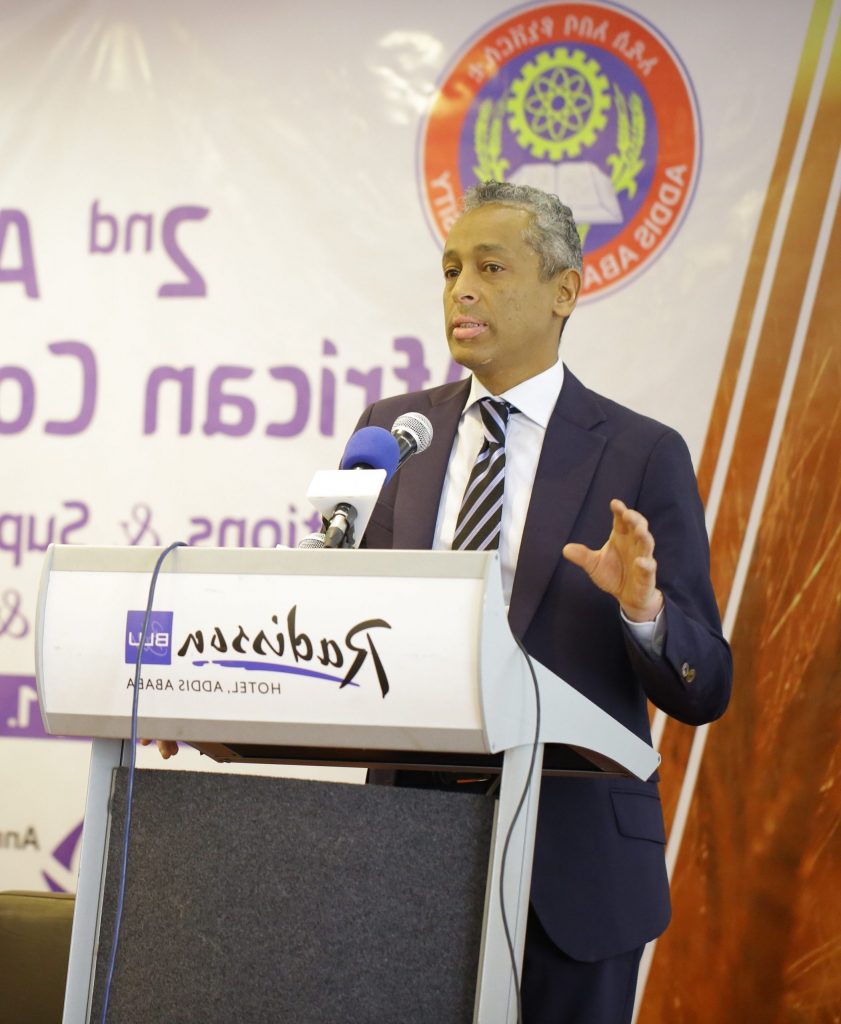
EMG Activities
0
0
0
0
Job Readiness Trainings
Job Readiness
Business Communication Trainings
Business Communication
Cooperative Workshop Rounds
Cooperative Workshops
PhD scholarships
PhD scholarships
0
0
0
Researchs
Researchs
Field Trips
Field Trips
Internships
Internships
Our Partners And Clients

